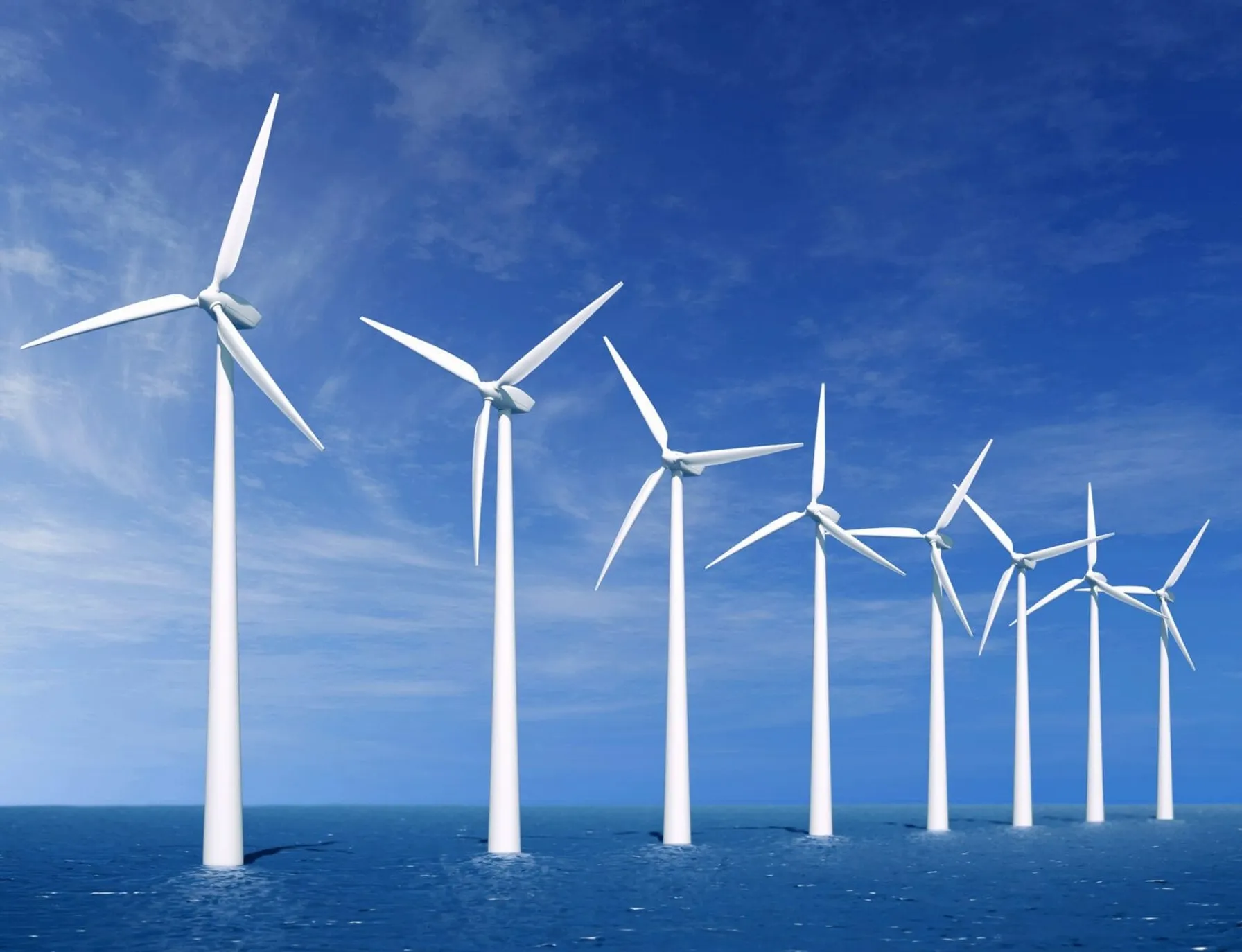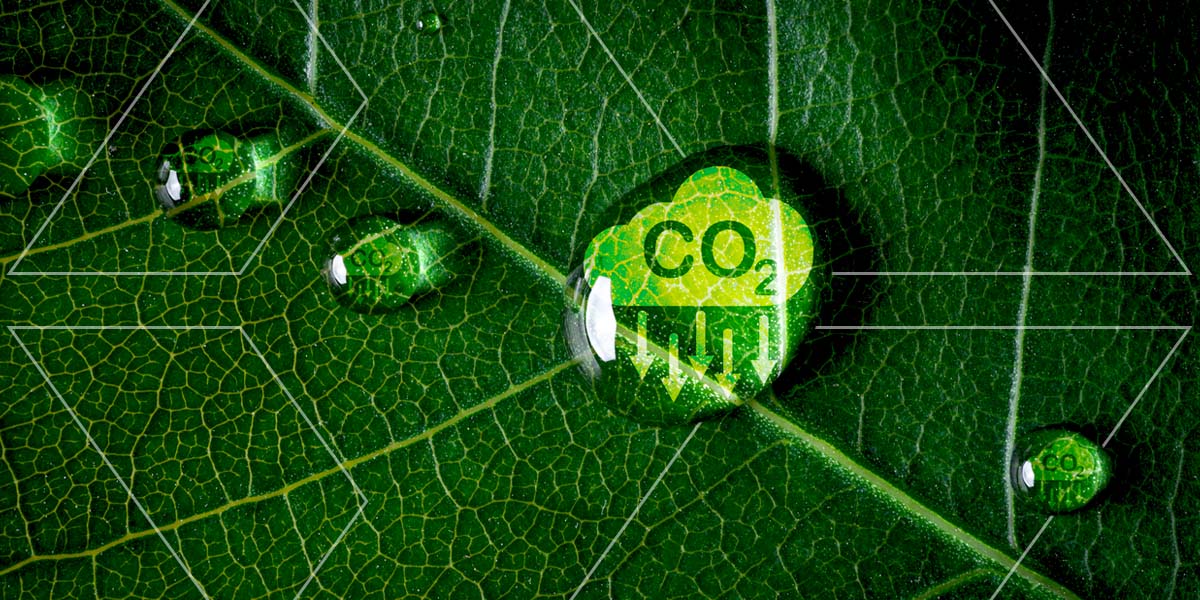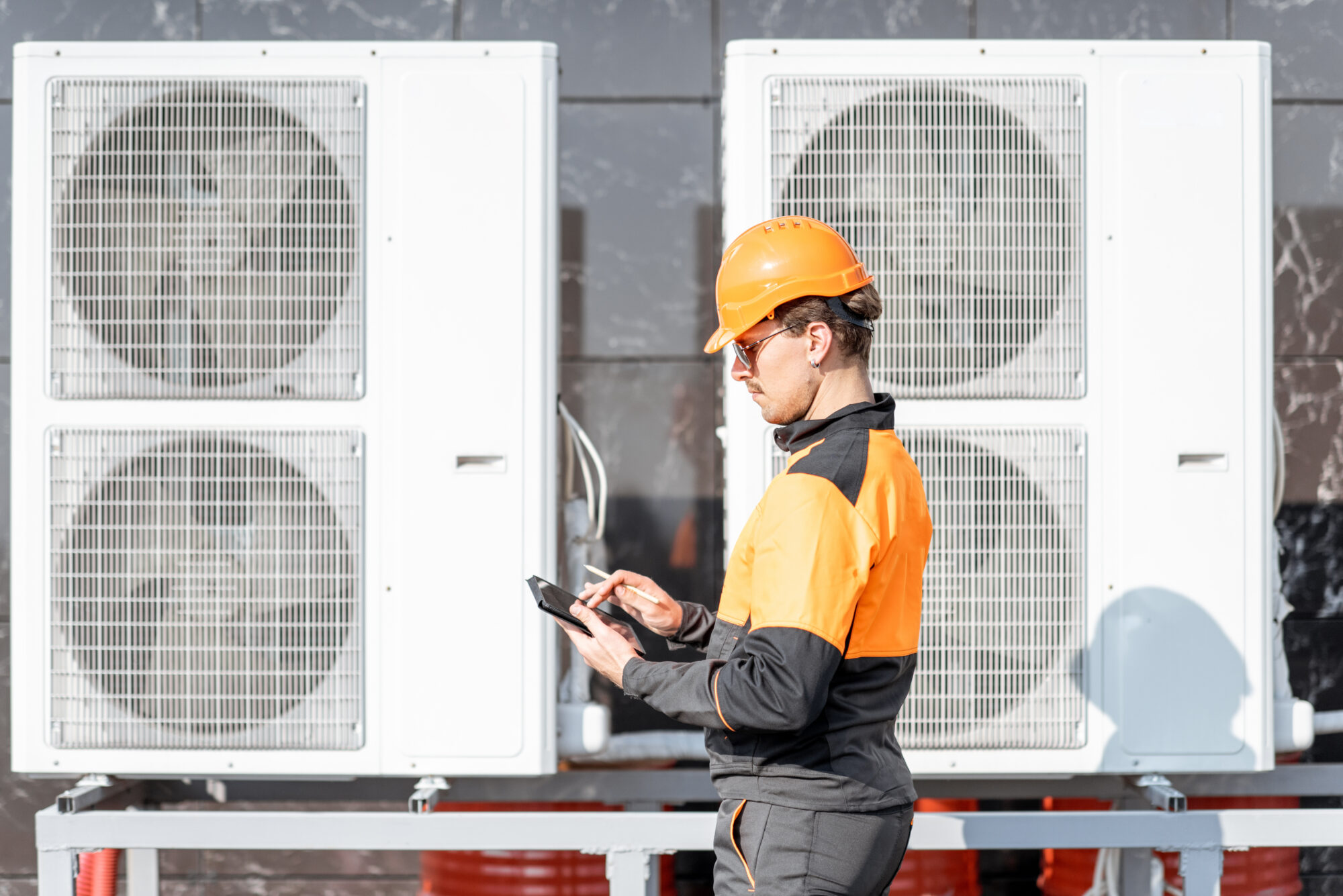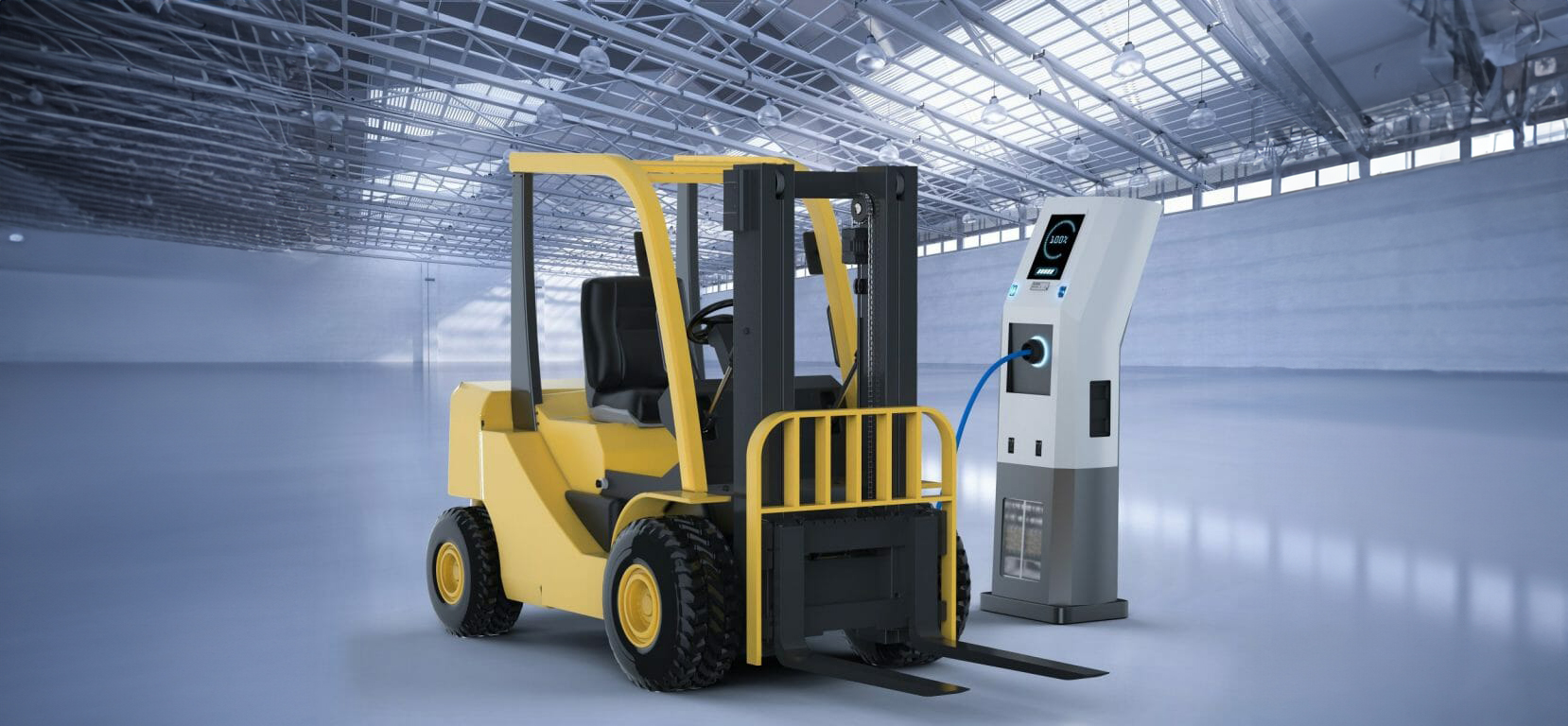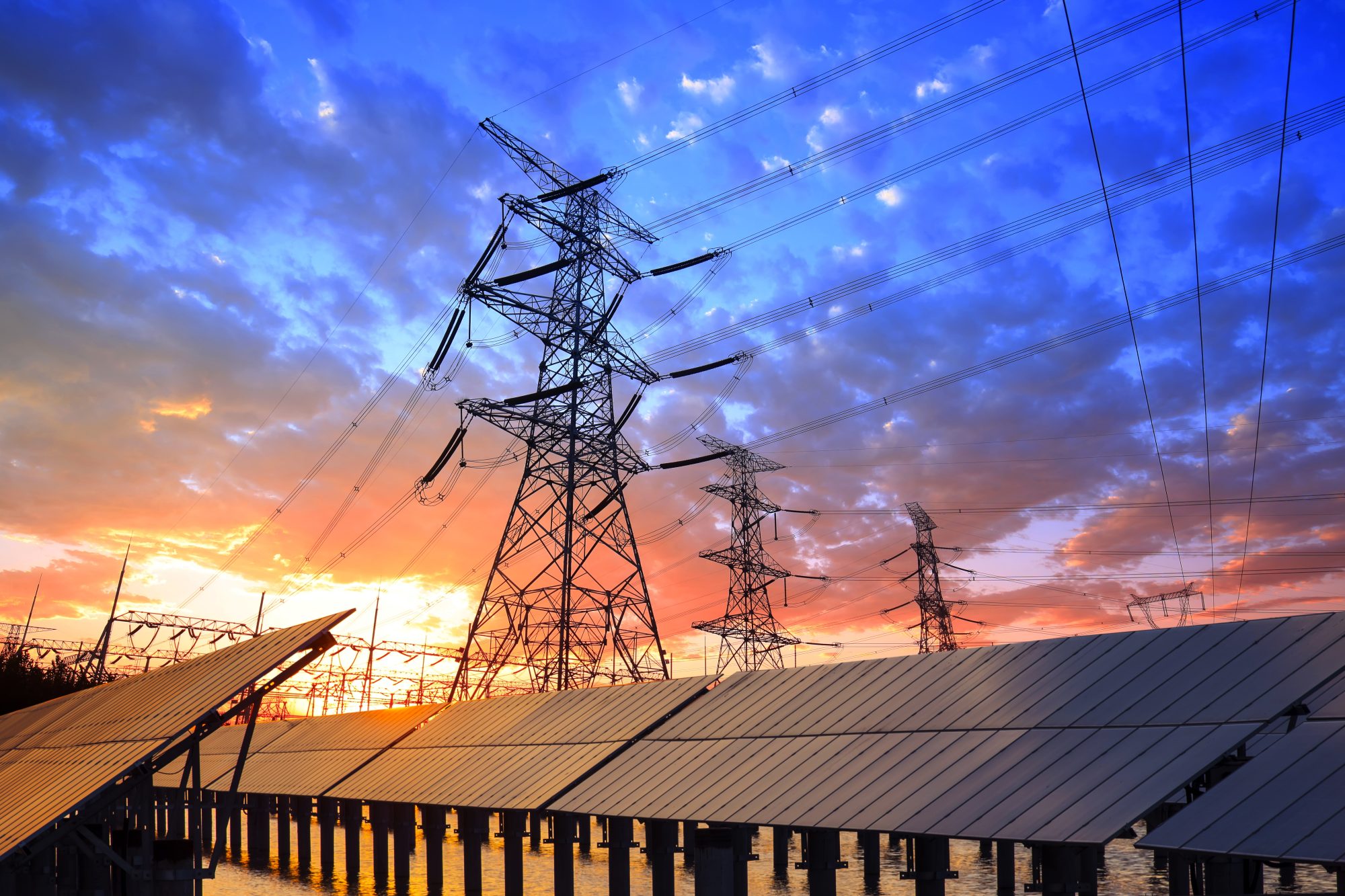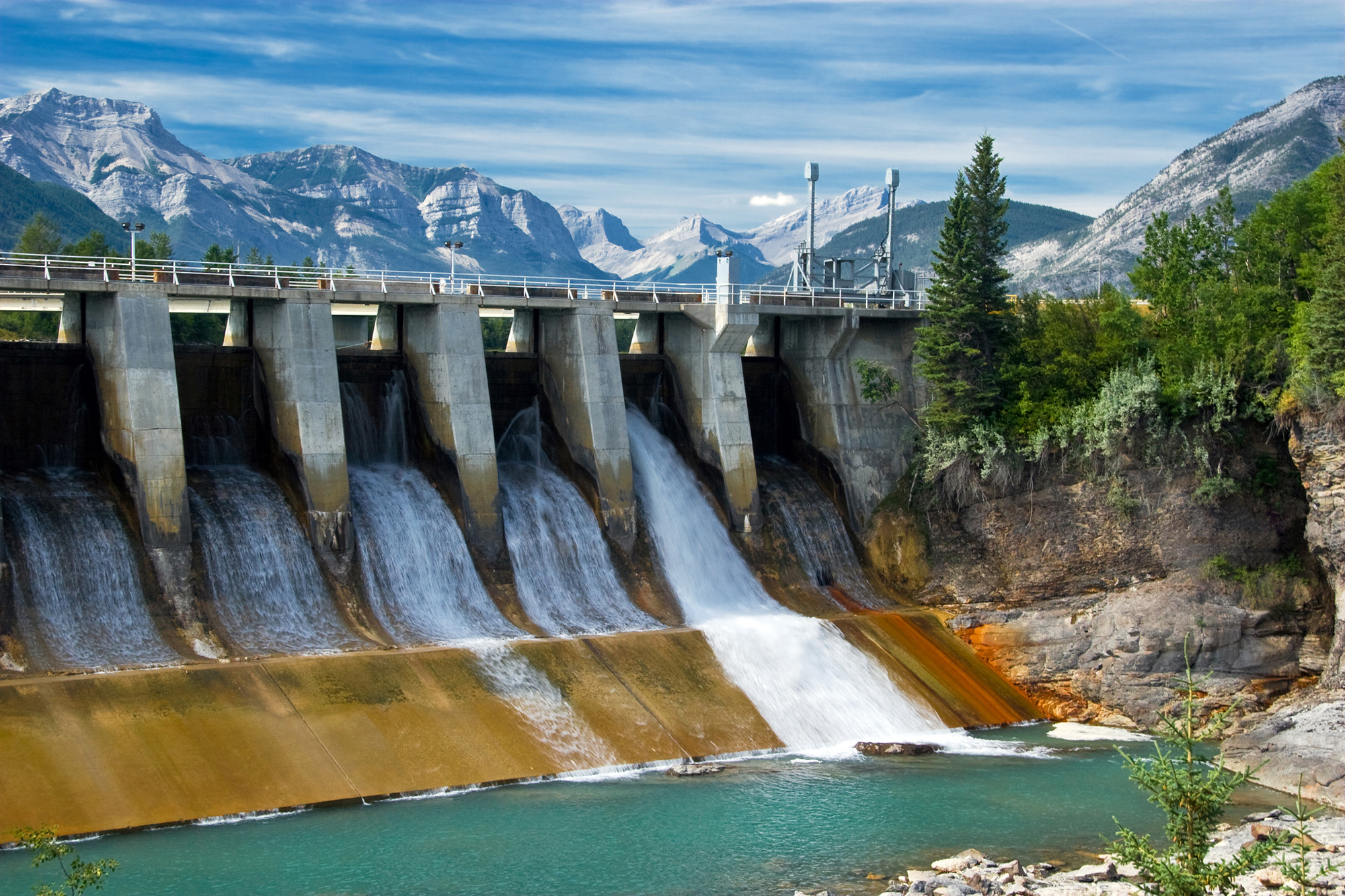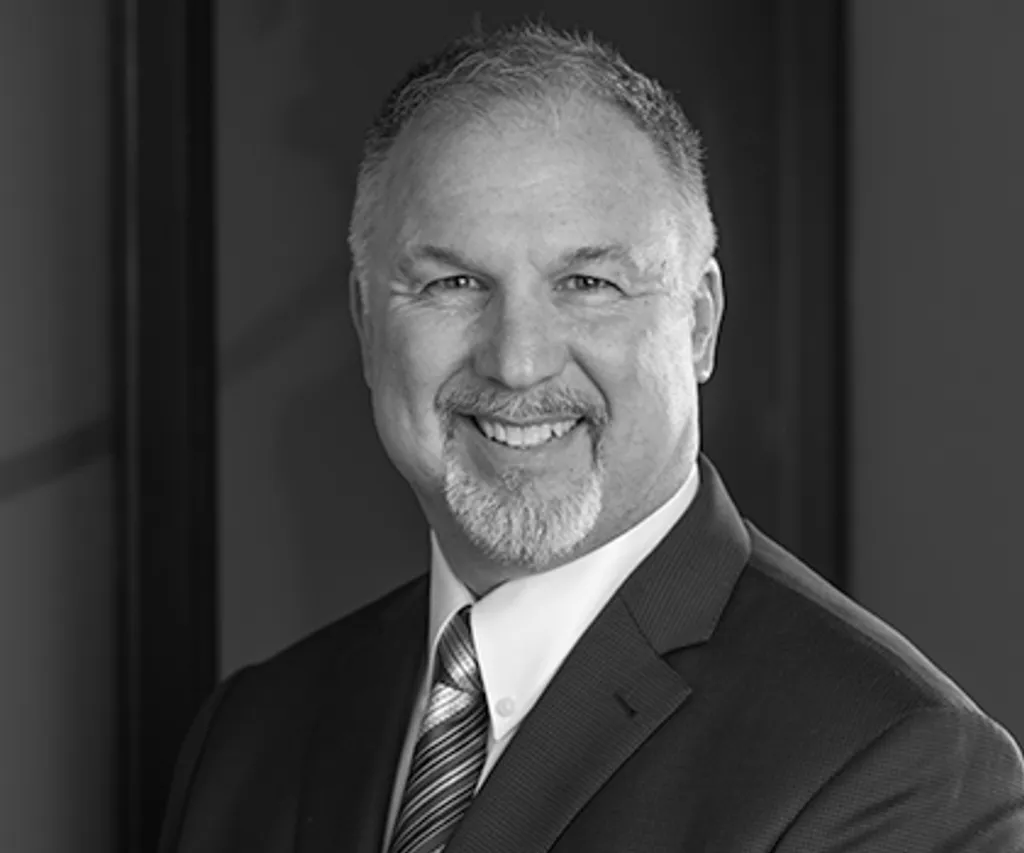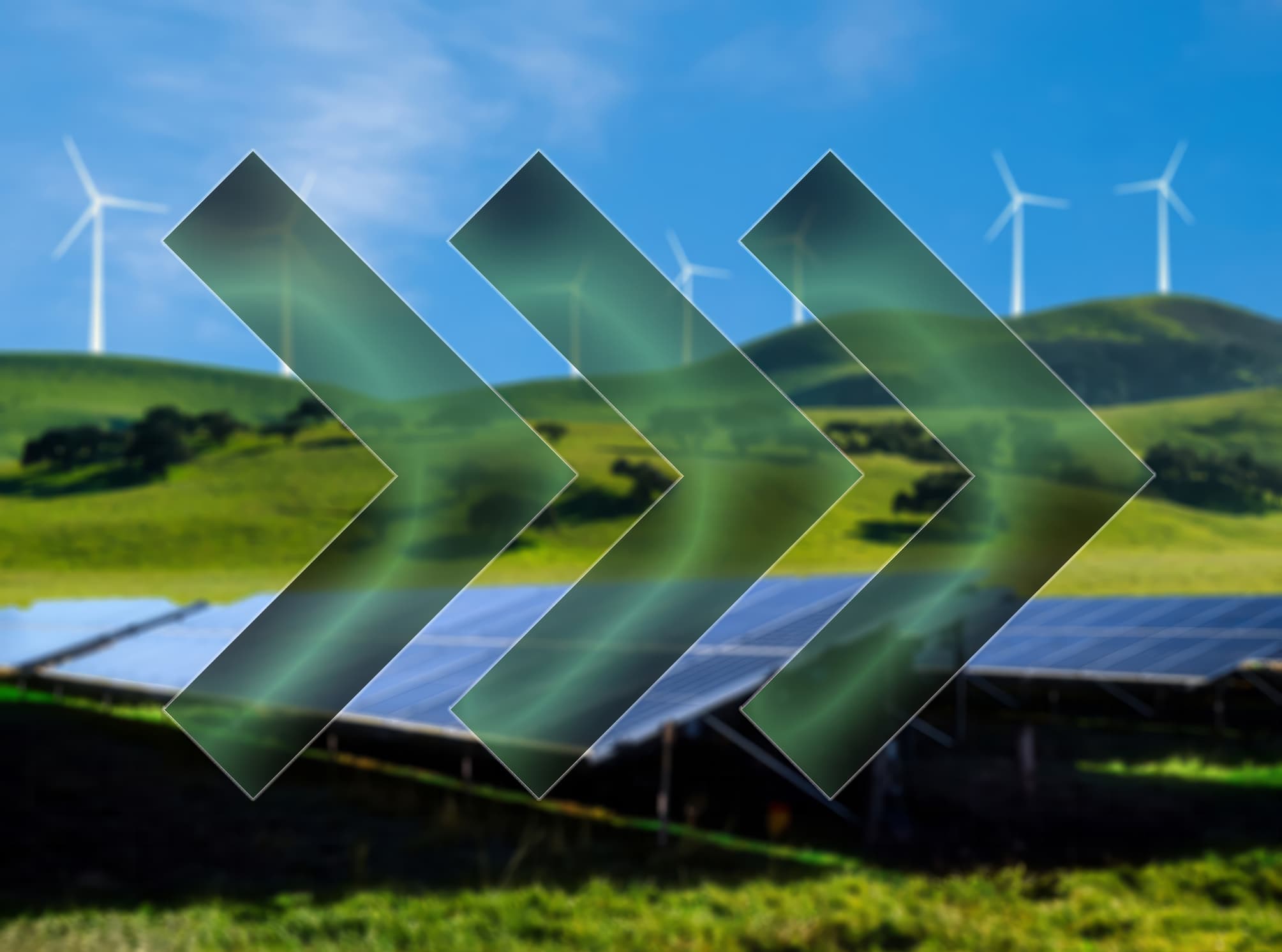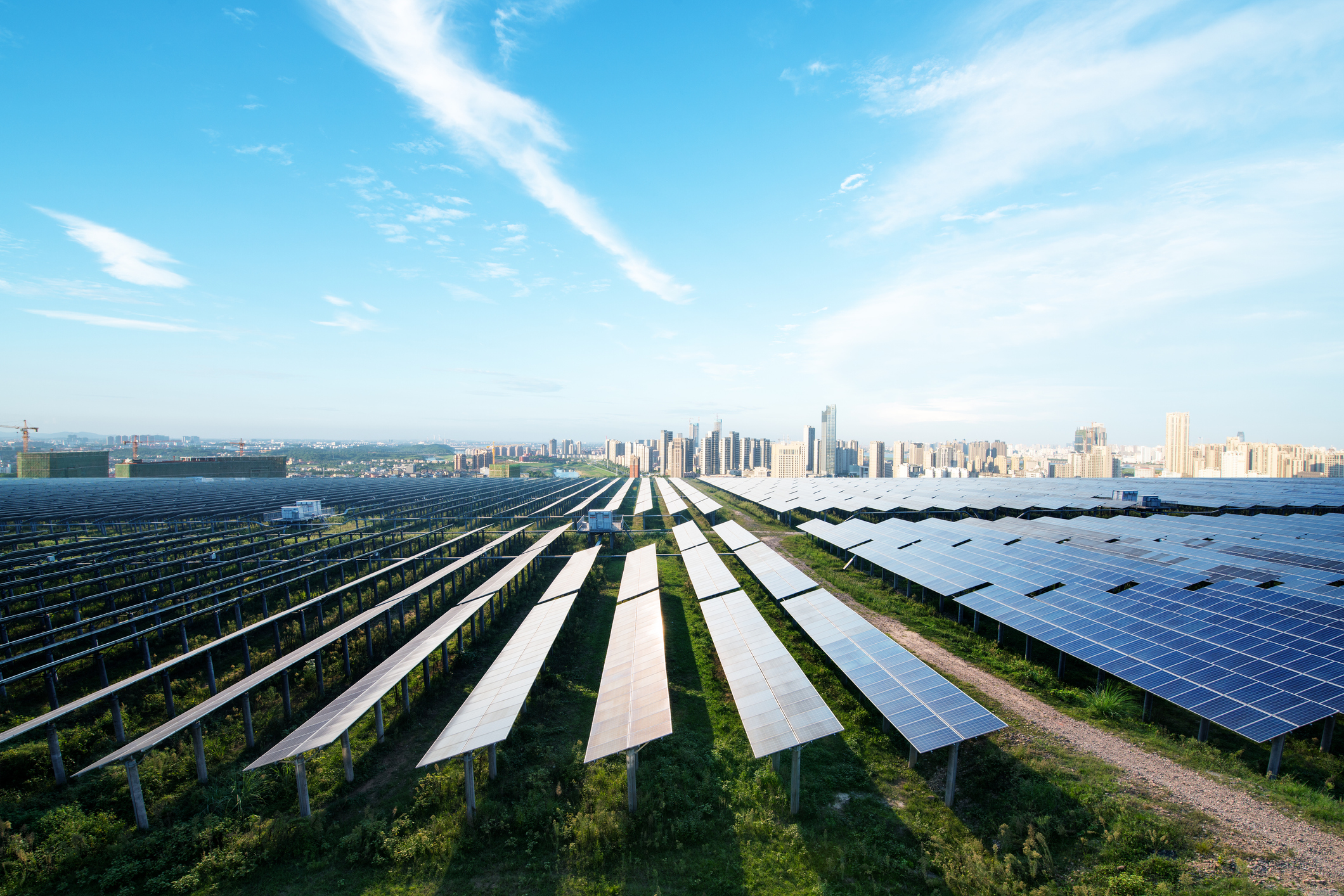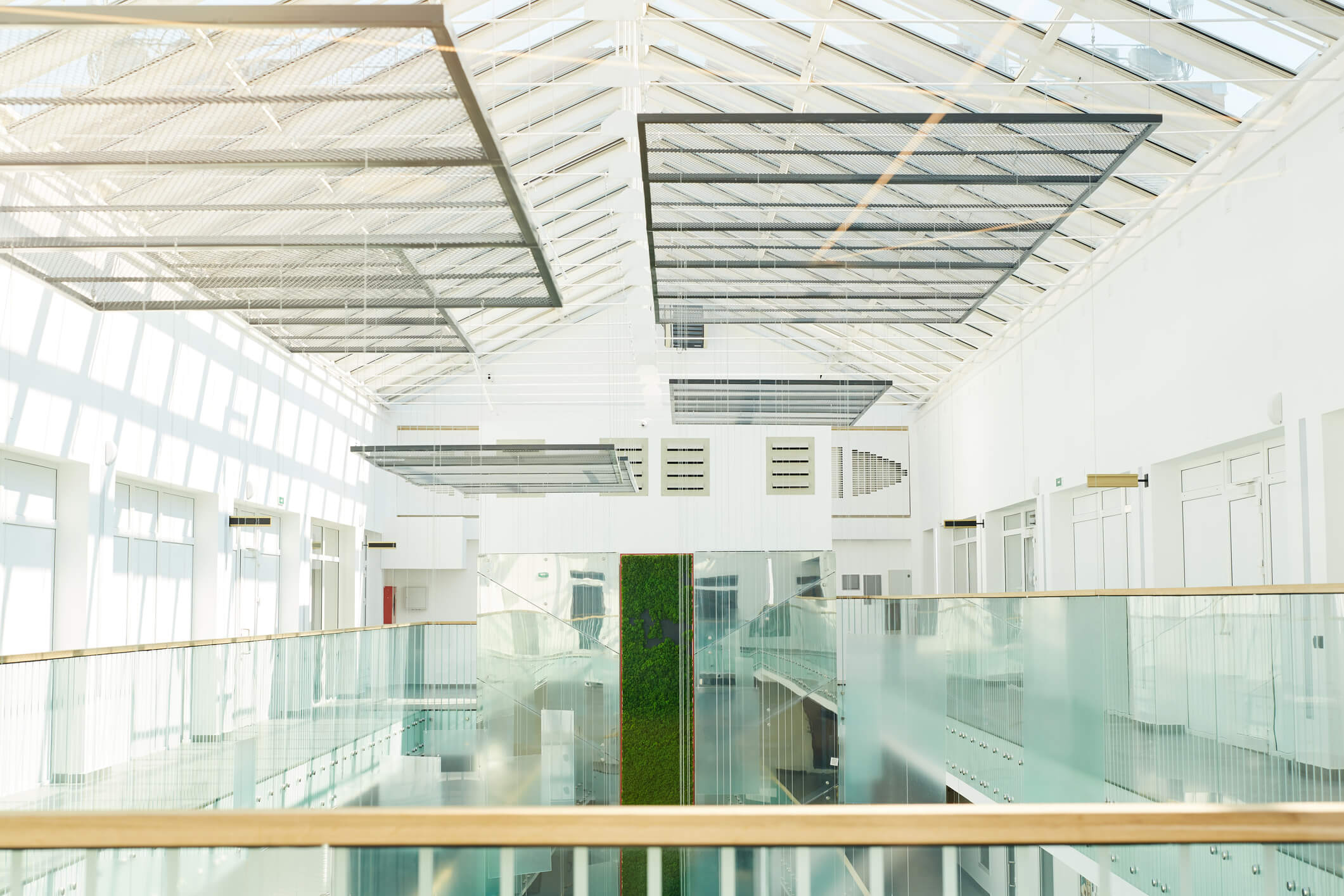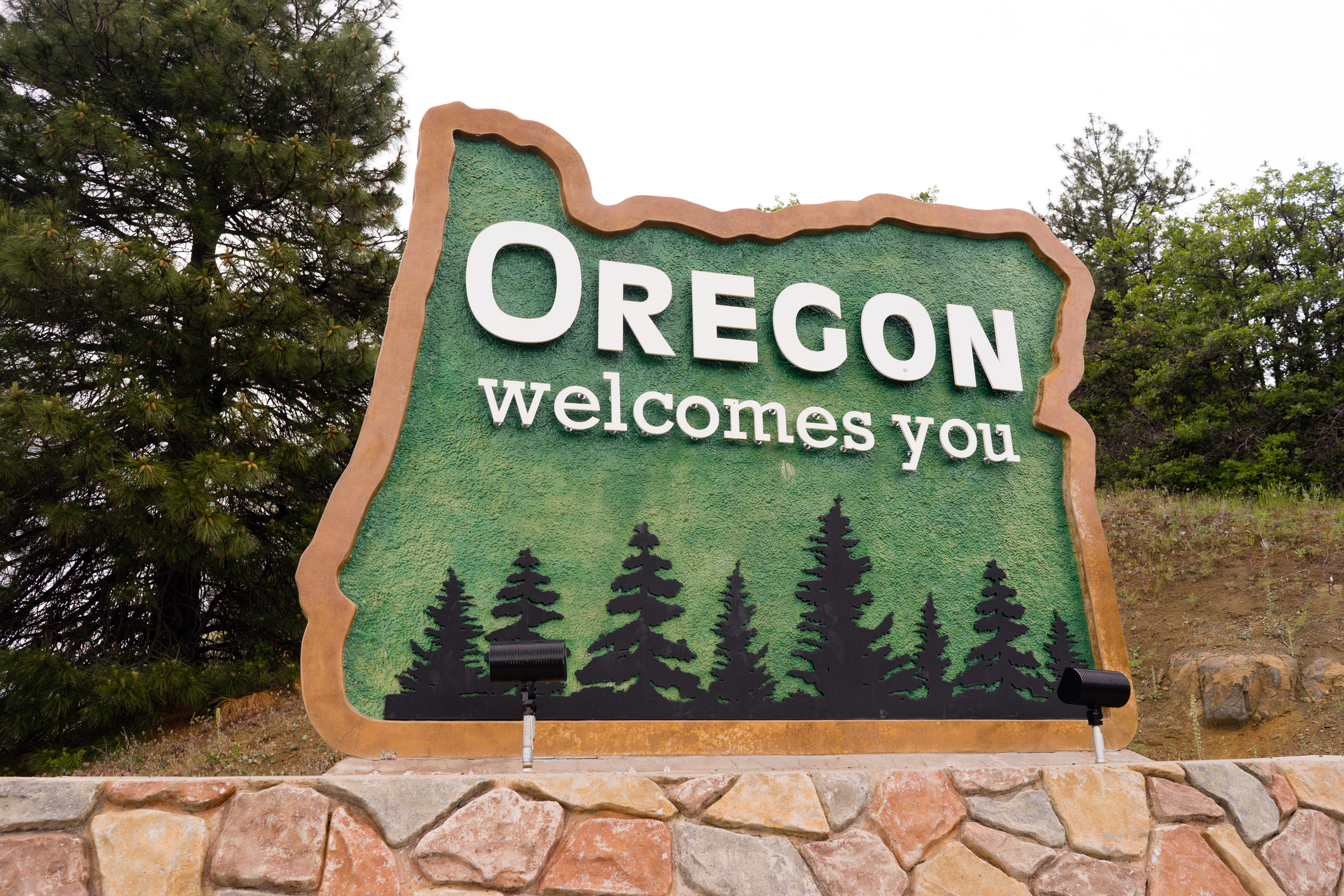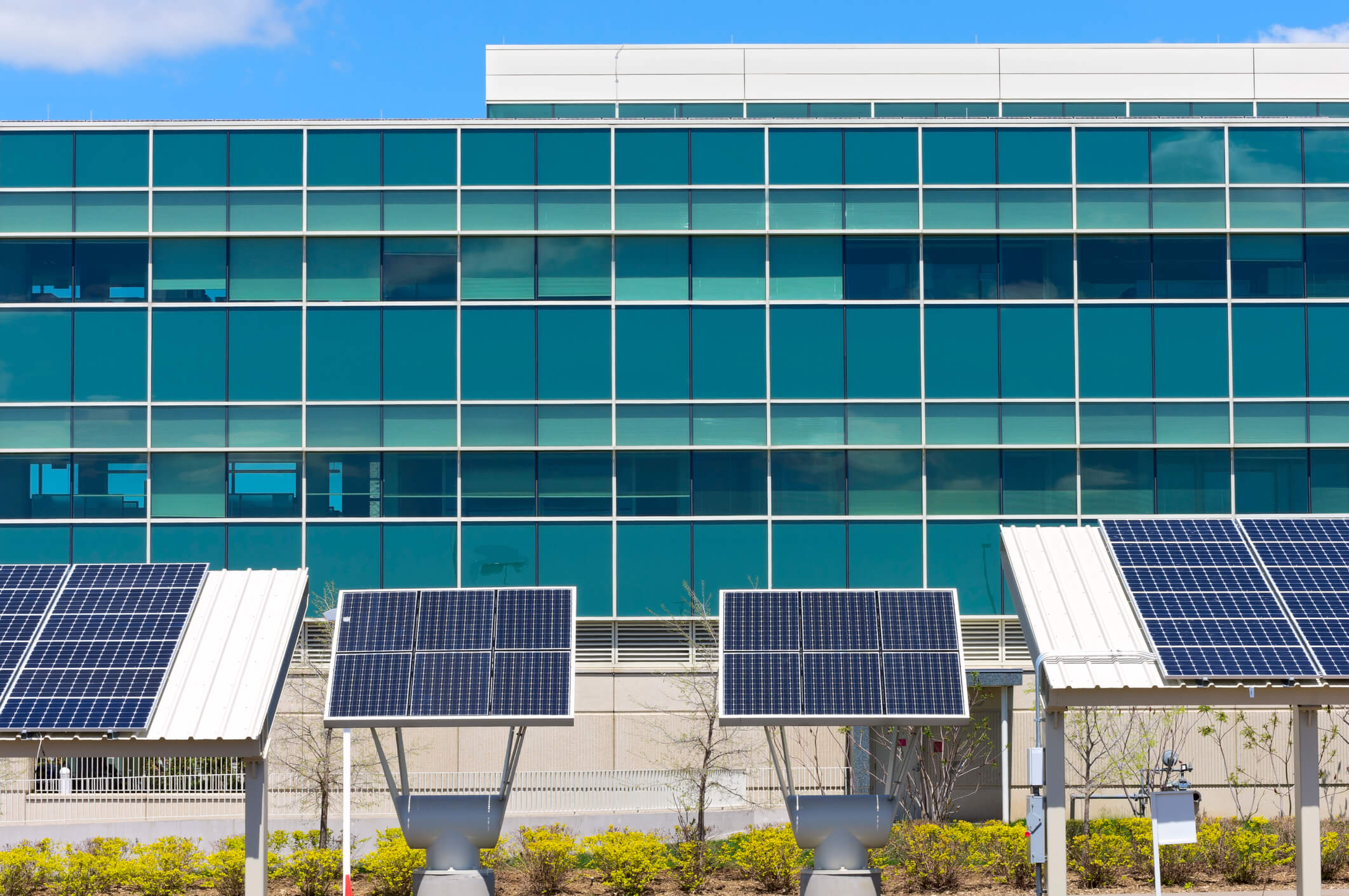Author: Brent Courchene & Michael Kinder | May 24, 2021
The offshore wind industry in the United States is expected to see considerable growth over the next 10 years due to the US rejoining the Paris Climate Accord, through the Biden administration, and ambitious carbon neutral goals set by individual states in the northeast and mid-Atlantic. The Paris Climate Accord is an international agreement signed by most countries to address climate change aims to substantially reduce global greenhouse gas emissions. More recently, the Biden administration conducted a Climate Summit, and set a goal of 50% reduction of CO2 emissions in the US by 2030.
Among all low-carbon technology options, accelerated deployment of wind power across the globe when coupled with deep electrification can contribute to more than one-quarter of the total emissions reductions needed (nearly 6.3 gigatons) of carbon dioxide (Gt CO₂) annually in 2050 to meet the Paris Climate Goals (IRENA, 2020).
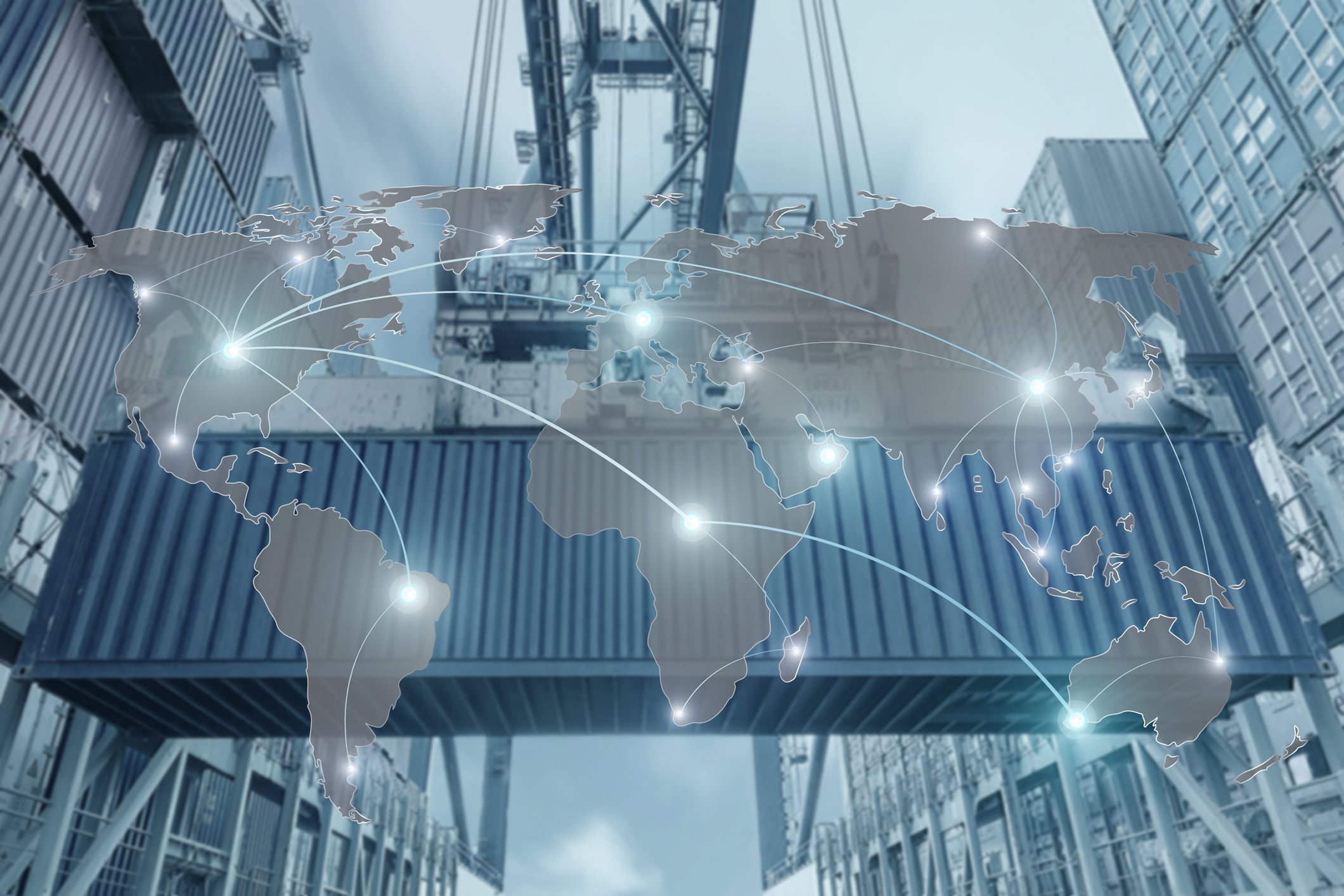
Integrated and Coordinated National Supply Chain
To contribute to this initiative, the United States will require an integrated and coordinated national supply chain and logistical network approach to transport, store, and deliver the materials, manpower, and equipment necessary to support the construction of offshore wind turbines, particularly around the key ports and coastal communities on the Northeast and Mid-Atlantic regions. This will also entail the need to obtain applicable permits and conduct any required ecological habitat impact studies to support the permitting process.
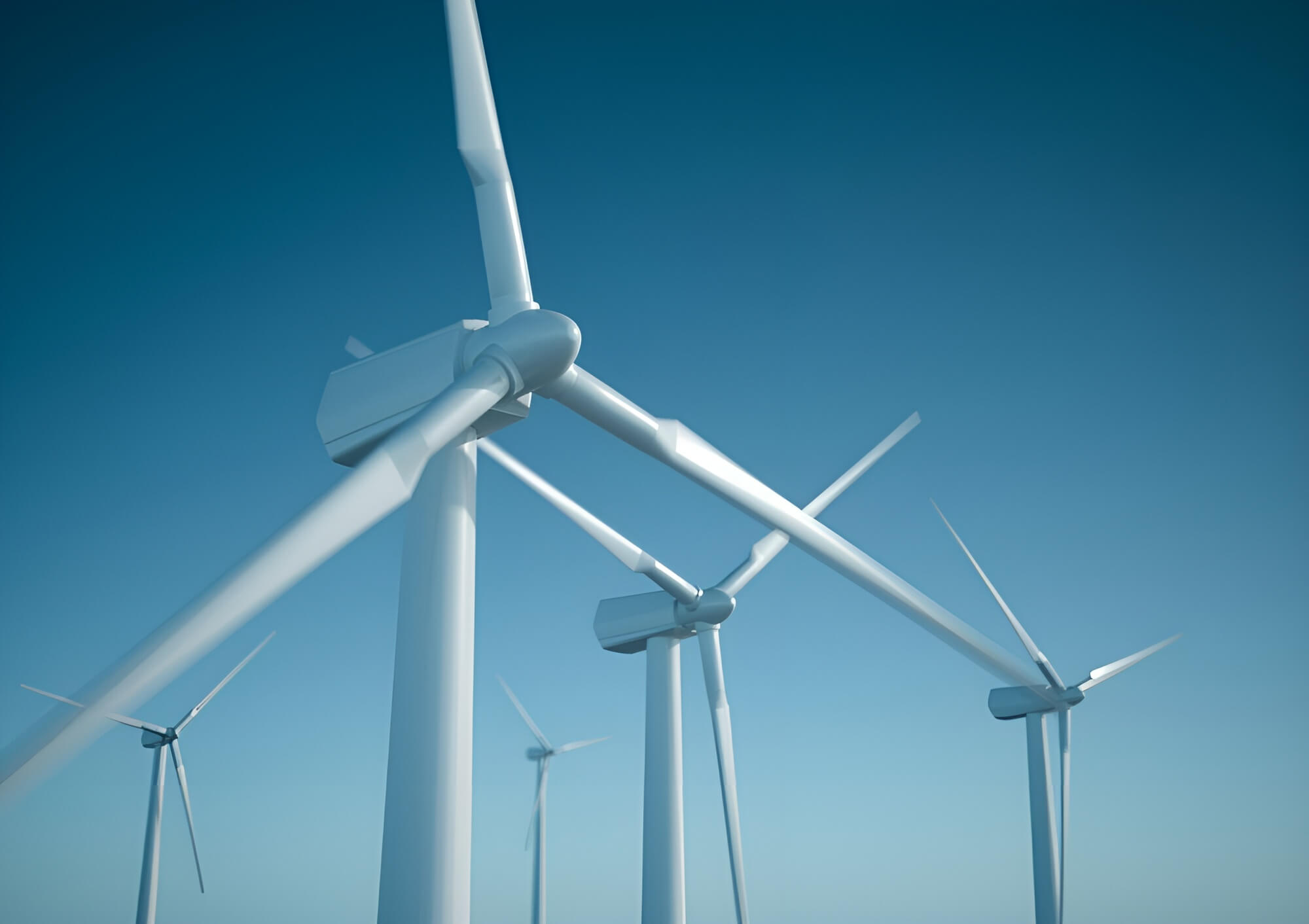
Constructing Offshore Wind Power
The Northeast and Mid-Atlantic States, as part of their individual goals to become carbon neutral, have plans to construct more than 10.7 Gigawatt’s (GW) of offshore wind power. Over the next decade, these same states have committed to construct almost 30 GW of offshore wind power. These ambitious goals translate to over 3,000 wind turbine generators, each weighing approximately 600 tons. In addition, each wind turbine generator includes substantial foundation infrastructure including monopile, jacket, and gravity-based technologies that can weigh over 4,000 tons for each wind turbine generator and are almost entirely made of steel. This will require significant manufacturing, assembling, and staging facilities be readily available on the east coast, and road and water transport vehicles, barges, and ships to deliver, construct, and maintain the equipment.
Logistical Obstacles
American manufacturers are constrained by logistical obstacles that include difficulty transporting longer wind blades, highway underpass heights, and the availability of cranes capable of lifting and installing wind turbine components.
While it is unlikely that steel manufacturing will return to the U.S. in a capacity to meet the high demand presented by the offshore wind industry in the coming years, project construction and O&M activities will require warehousing and lay-down spaces for staging and assembly of the wind turbine generator blades, mechanical components, foundations, and associated cabling materials. In addition, further complicating the construction process is the Jones Act, Section 27 of the Merchant Marine Act of 1920 that regulates maritime commerce in US waters requiring all goods transported by water between US ports be carried on US ships, constructed in the US, owned by US citizens, and crewed by US citizens and permanent residents.
To date, the U.S. has not manufactured vessels, lift barges and ships necessary to construct, operate, and maintain offshore wind turbines and platforms, but that will also need to change, and very soon!
In summary, the key to the Northeast and Mid-Atlantic states meeting their offshore wind goals is inextricably linked to close and easy access to the materials and parts needed for construction and operations and maintenance. Without significant supply chain, logistical, warehousing and lay-down areas, and re-purposing of the manufacturing, staging and assembly of the components of wind turbines (blades, foundations, platforms, etc.), the reliance on offshore wind to meet carbon neutral goals will be difficult to meet.
Embrace The Shift
Partner With TRC’s Tested Practitioners
Sharing Our Perspectives
Our practitioners share their insights and perspectives on the trends and challenges shaping the market.

TRC Earns U.S. Department of Energy (DOE) Qualification to be a Provider of Industrial Assessment Centers (IAC) Equivalent Energy Assessments
September 24, 2024
TRC can now provide IAC equivalent energy audits to small and medium-sized manufacturing (SMM) firms, who can receive grants of up to $300,000 for implementation of audit recommendations.
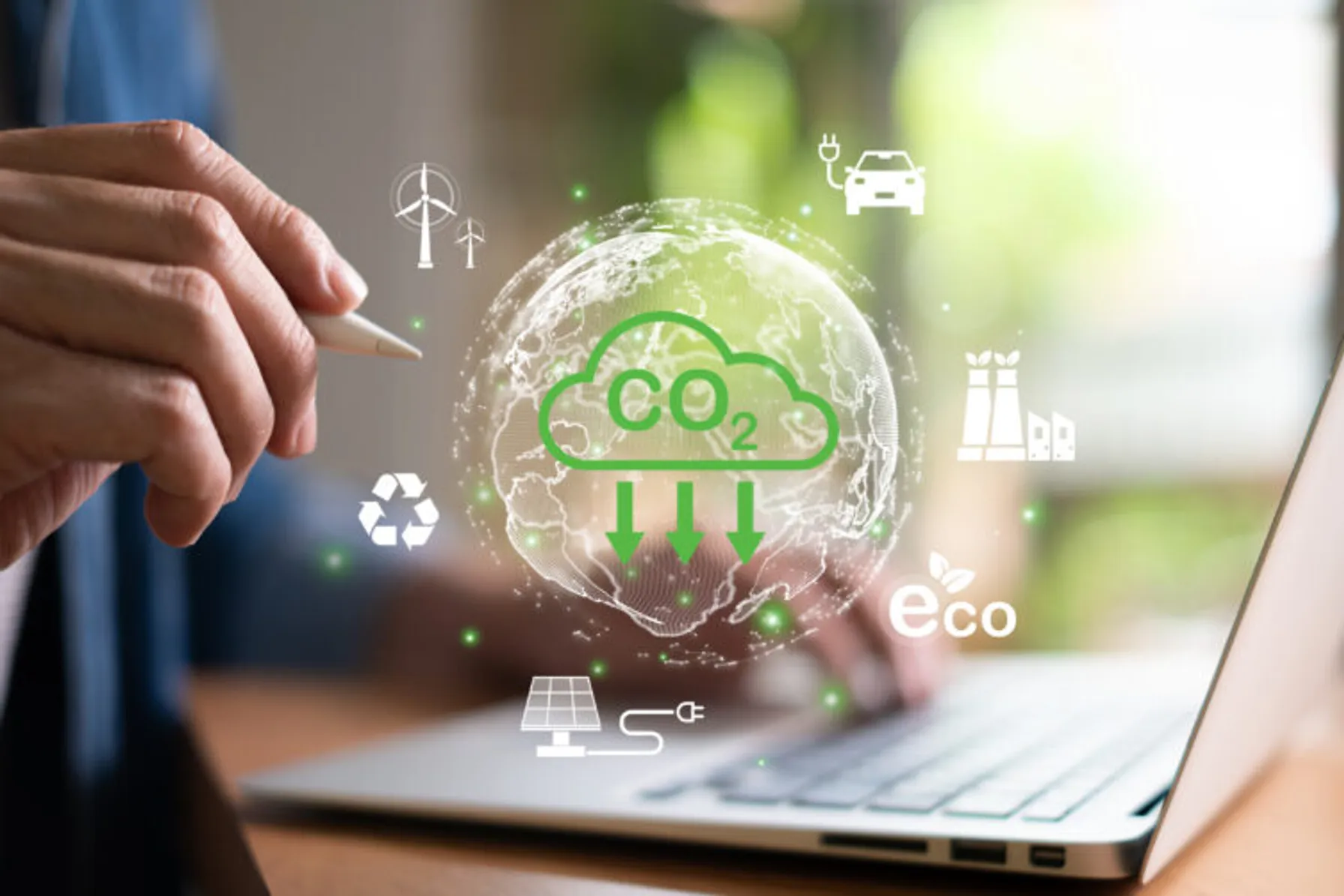
Utility Carbon Data Management
May 27, 2024
We’re pleased to announce Episode 7 of TRC’s Energy Talks Podcast, where we join experts from utilities and carbon accounting solution providers to discuss how our industry is understanding, measuring, and working to improve our collective carbon footprint.

Empowering Stakeholders to Co-Create Solutions that Address Inequity
April 23, 2024
Addressing inequality and ensuring that the benefits of the clean energy transition are accessible to all requires close examination of long-relied-upon processes that may have hidden inequities ingrained within them.
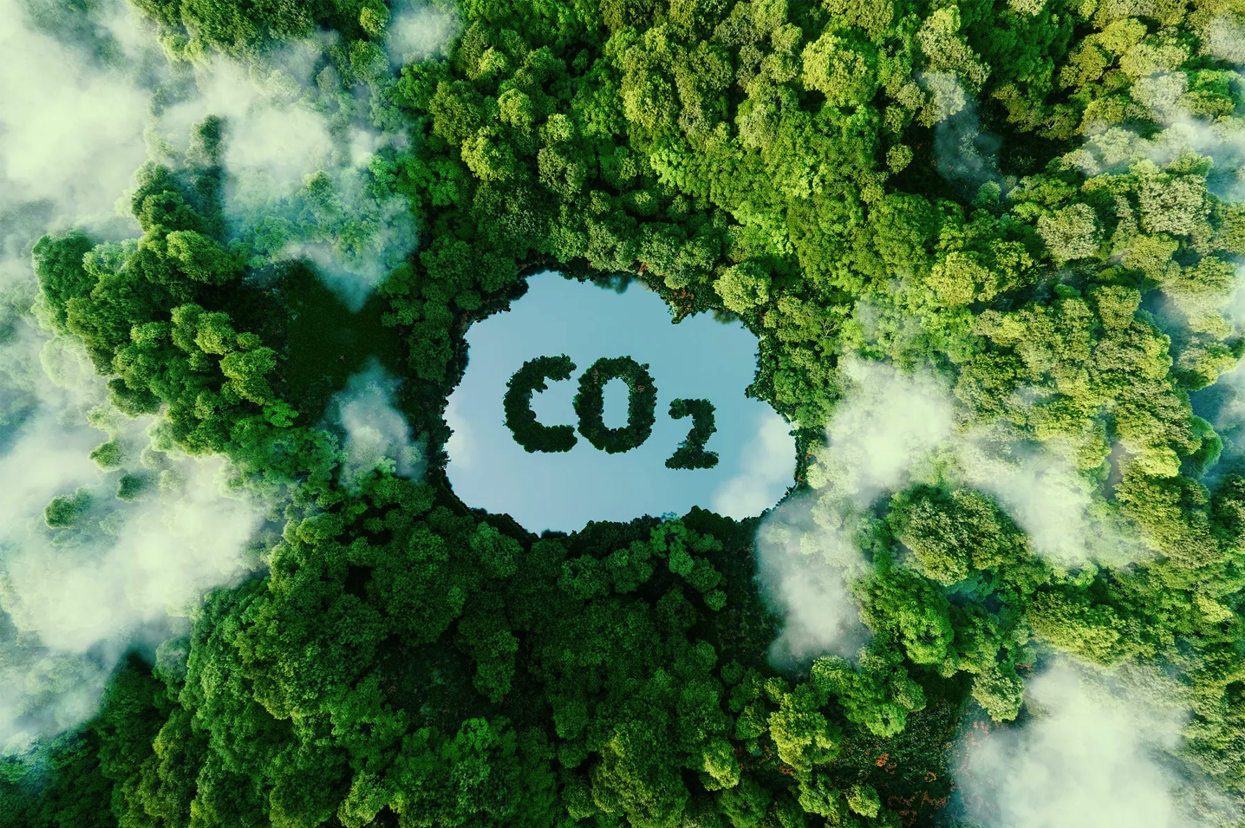
Monetizing the Environmental Attributes of Building Decarbonization Programs
March 27, 2024
Tune in to Episode 6 of TRC’s Energy Talks Podcast, where we join industry experts from the wholesale energy and environmental commodity markets to discuss how utilities and project developers are valuing the environmental attributes of building decarbonization projects.
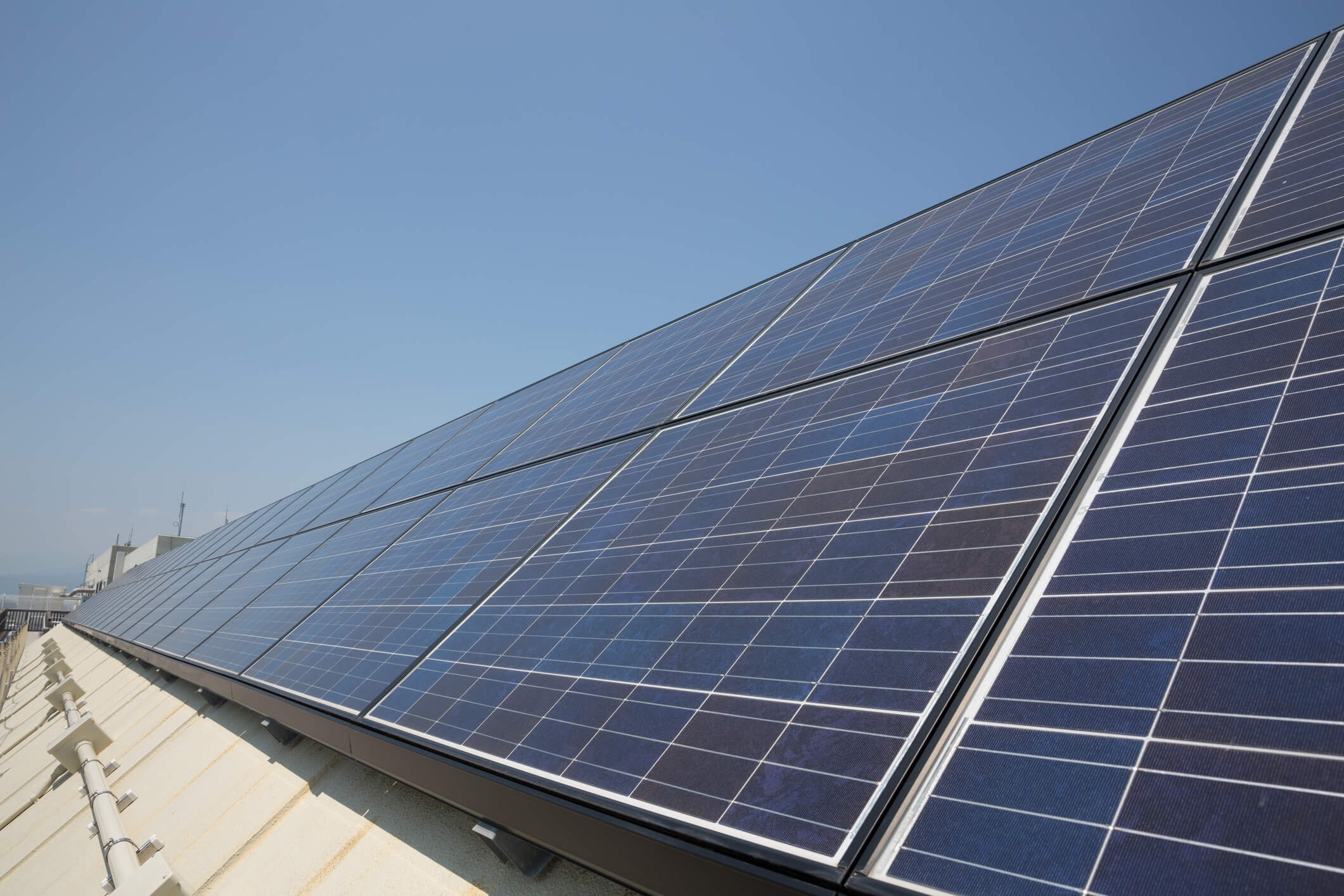
Hydrogen Hub Funding Provisions
March 26, 2024
TRC’s panel of practitioners discuss the Hydrogen Hub (H2Hub) funding provisions of the Bipartisan Infrastructure Bill (BIL).
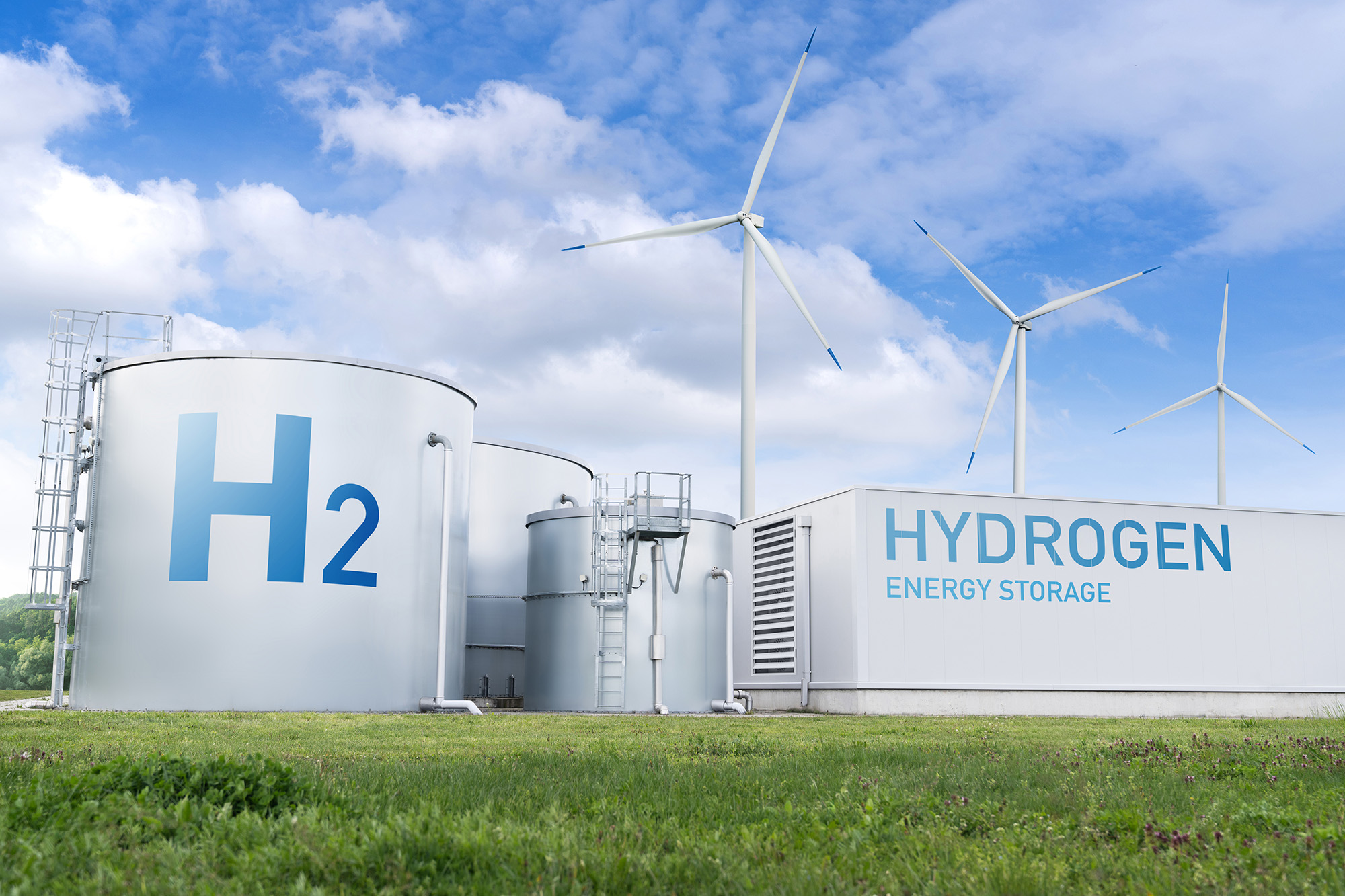
TRC Companies, Inc. selected to participate in Department of Energy (DOE) Multi-State Clean Hydrogen Hub
October 13, 2023
TRC received an award for advancing the transition to a clean-hydrogen, low-carbon economy by supporting the Appalachian Regional Clean Hydrogen Hub (ARCH2) consortium.
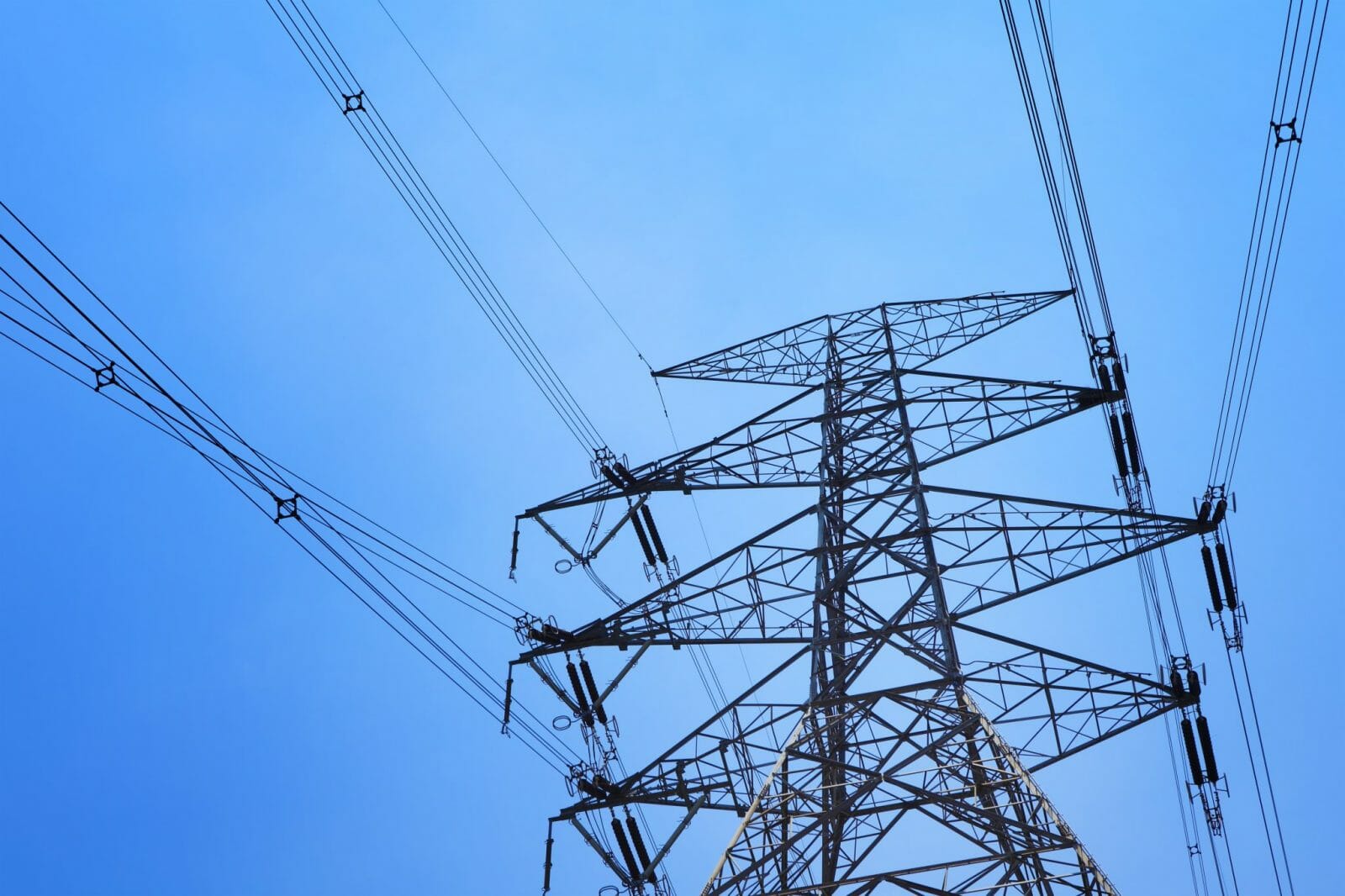
Download Whitepaper: 10 Years of Insights for Clean Community Microgrids
March 1, 2023
Clean, community microgrids represent a promising and timely opportunity for you to advance your customer offering and deliver meaningful societal benefits, all while modernizing your grid and providing you with load flexibility.
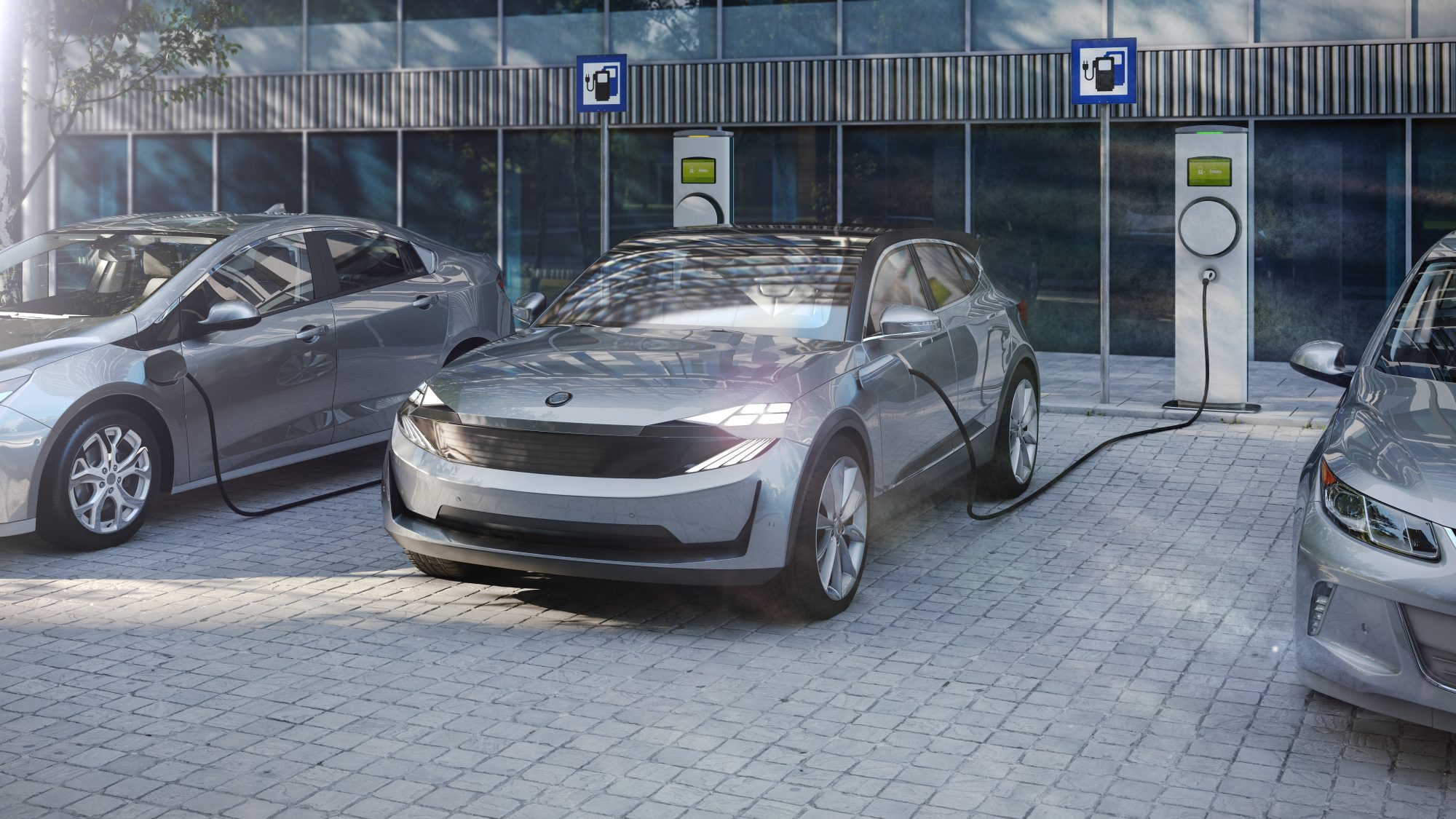
Start Your Batteries: Mass Fleet Electrification is Coming (And What We Can do to Prepare)
April 13, 2022
As we plan for and make early investments for fleets, we’ll be paving the way for higher degrees of market penetration of passenger vehicles and other modes of transportation as well.
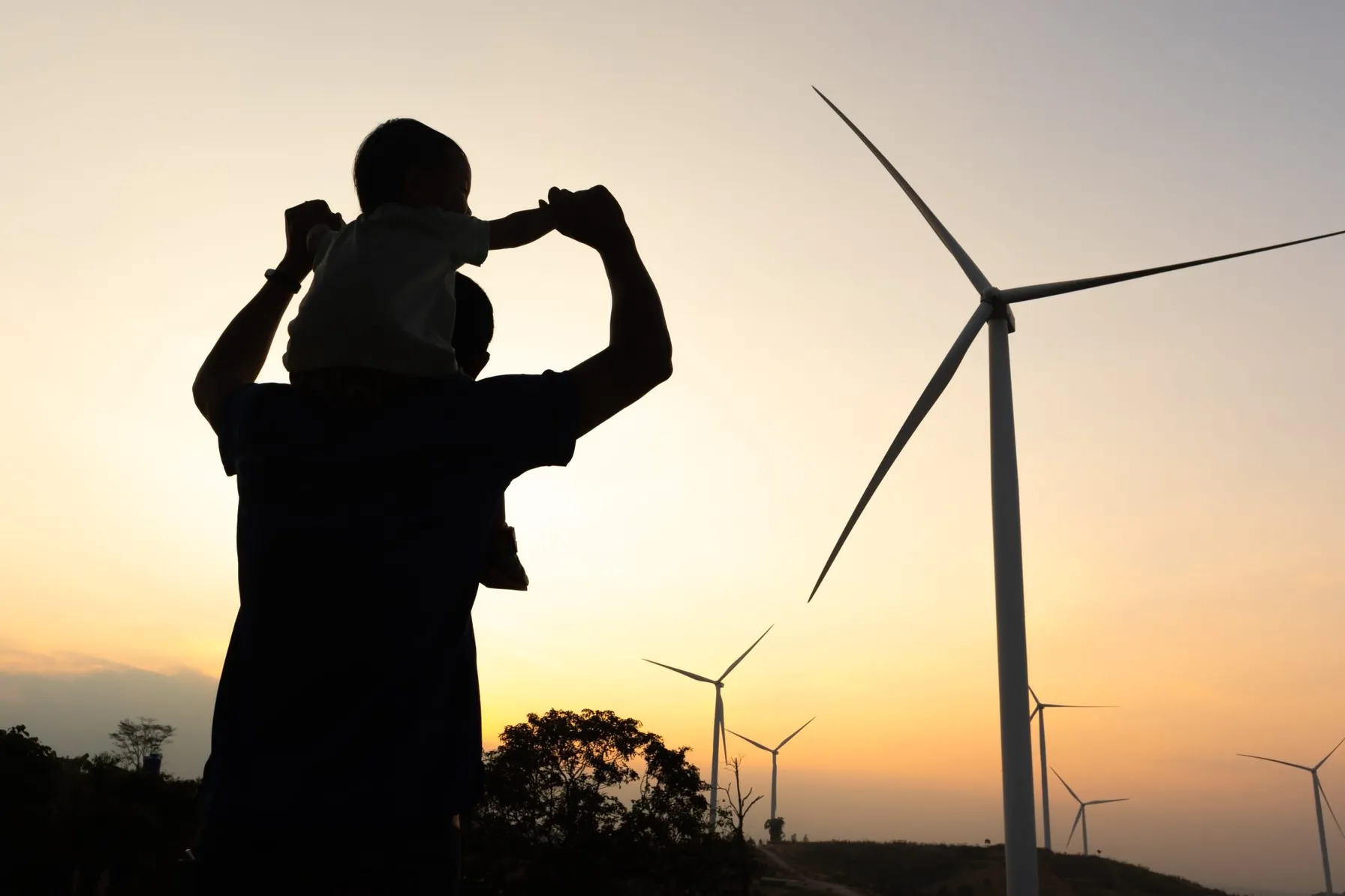
Ensuring a Just Transition: Optimizing Opportunities for All in the Low-Carbon Future
January 24, 2022
Carbon elimination of the magnitude needed to address climate change requires systems-level change that can only be reached by incremental, ground-up progress, building upon what we have achieved thus far.

Decarbonization: A Systems-Level Challenge and Actions to Address Climate Change
December 7, 2021
Carbon elimination of the magnitude needed to address climate change requires systems-level change that can only be reached by incremental, ground-up progress, building upon what we have achieved thus far.

10 Takeaways from the COP26 Climate Meeting
November 17, 2021
There are compelling reasons to be optimistic about the outcomes of the COP26 meeting. Notably, agreement among all nations that more needs to be done, by both private and governmental bodies, to contain and mitigate climate change.
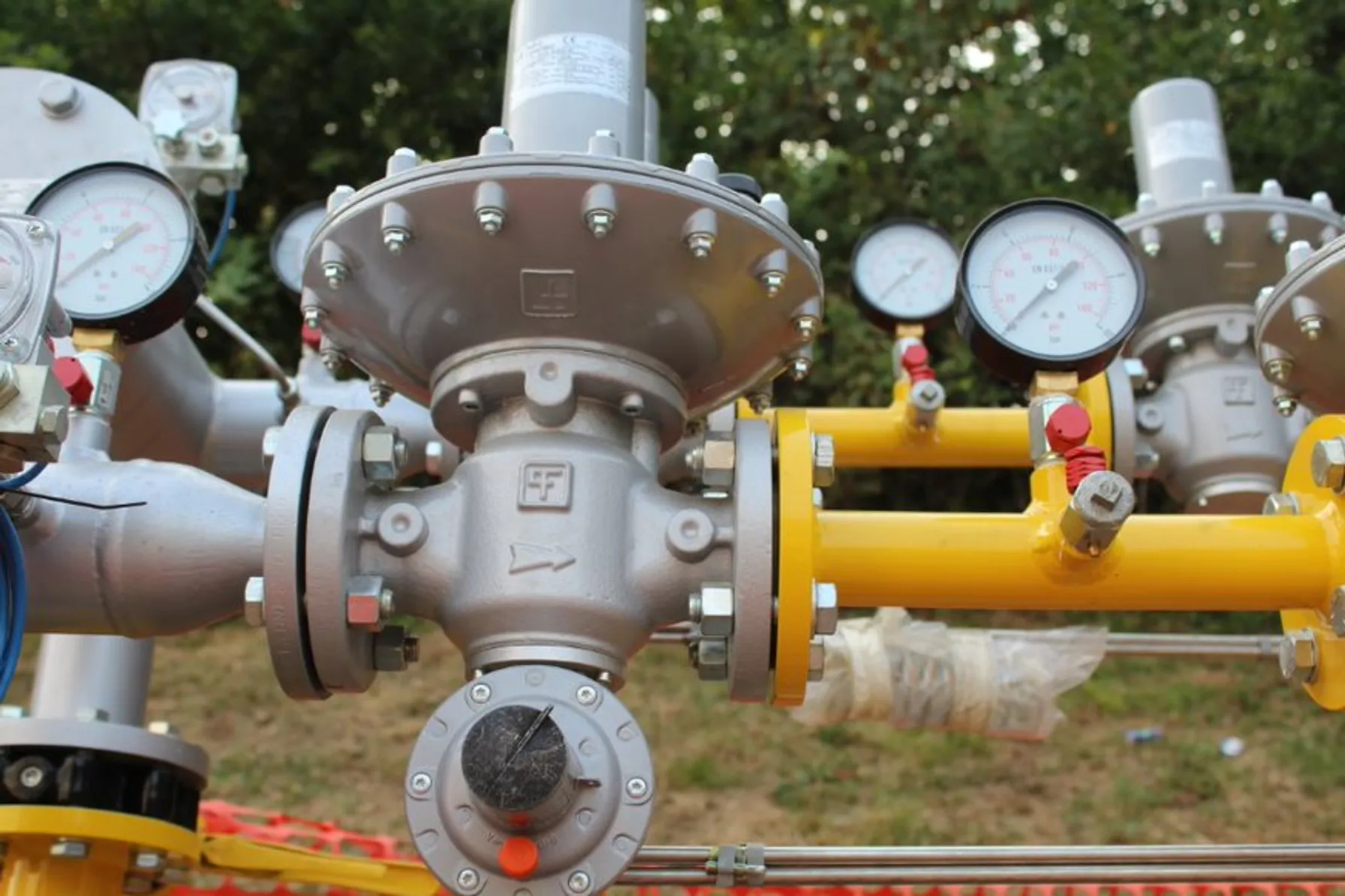
The Price of Natural Gas: Onward and Upward or Just a Temporary Blip?
November 12, 2021
Most industry experts agree that weather aside, the global energy and gas markets are likely to remain uncertain with supply and market demand becoming tighter and more challenging to forecast.
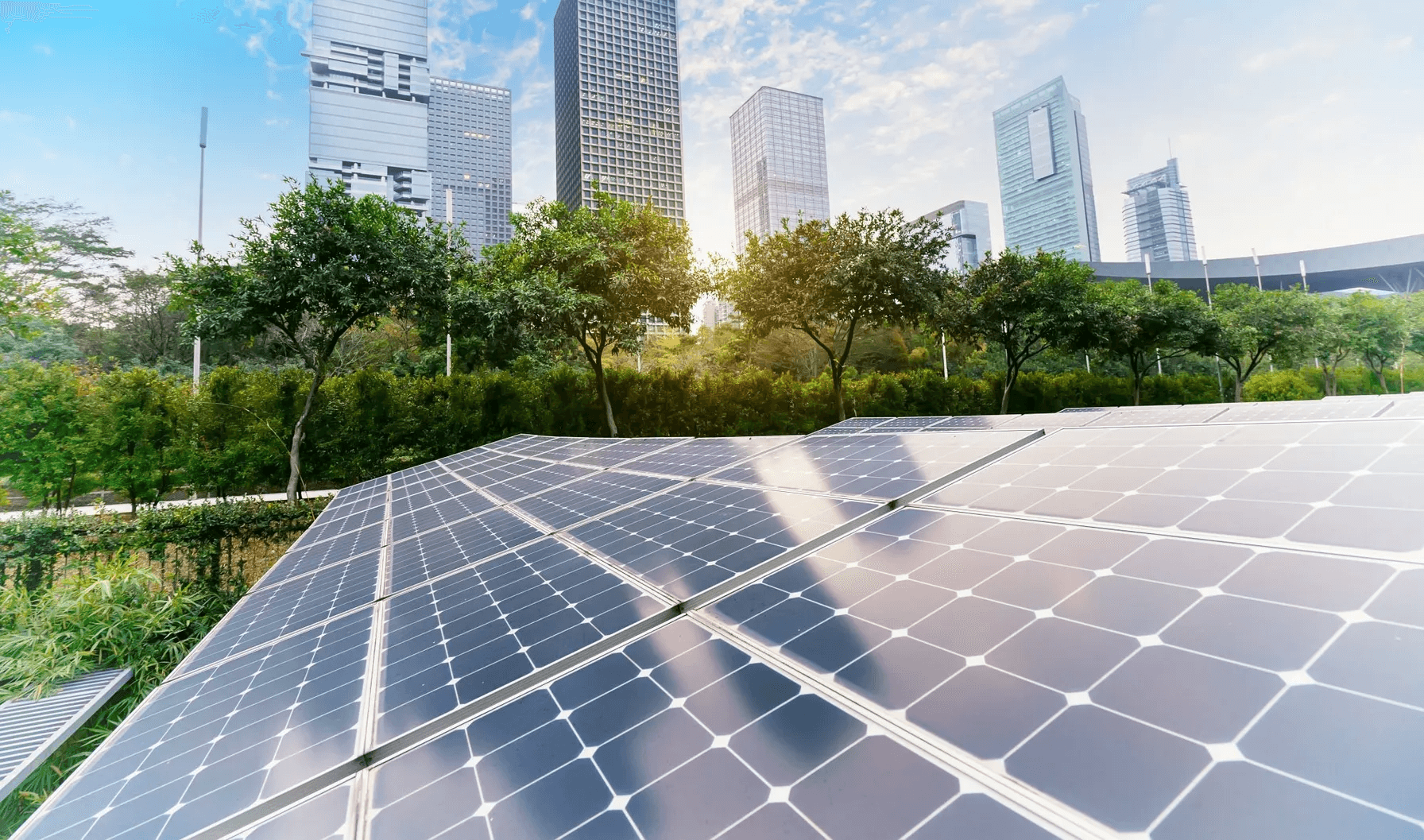
On the Road to Decarbonization: The Role of All-Source Competitive Solicitations
October 14, 2021
All-Source Competitive Solicitations offer utilities an alternative to centralized planning, construction and dispatch of power supplies, helping to usher in a new era of market-driven technology innovation.
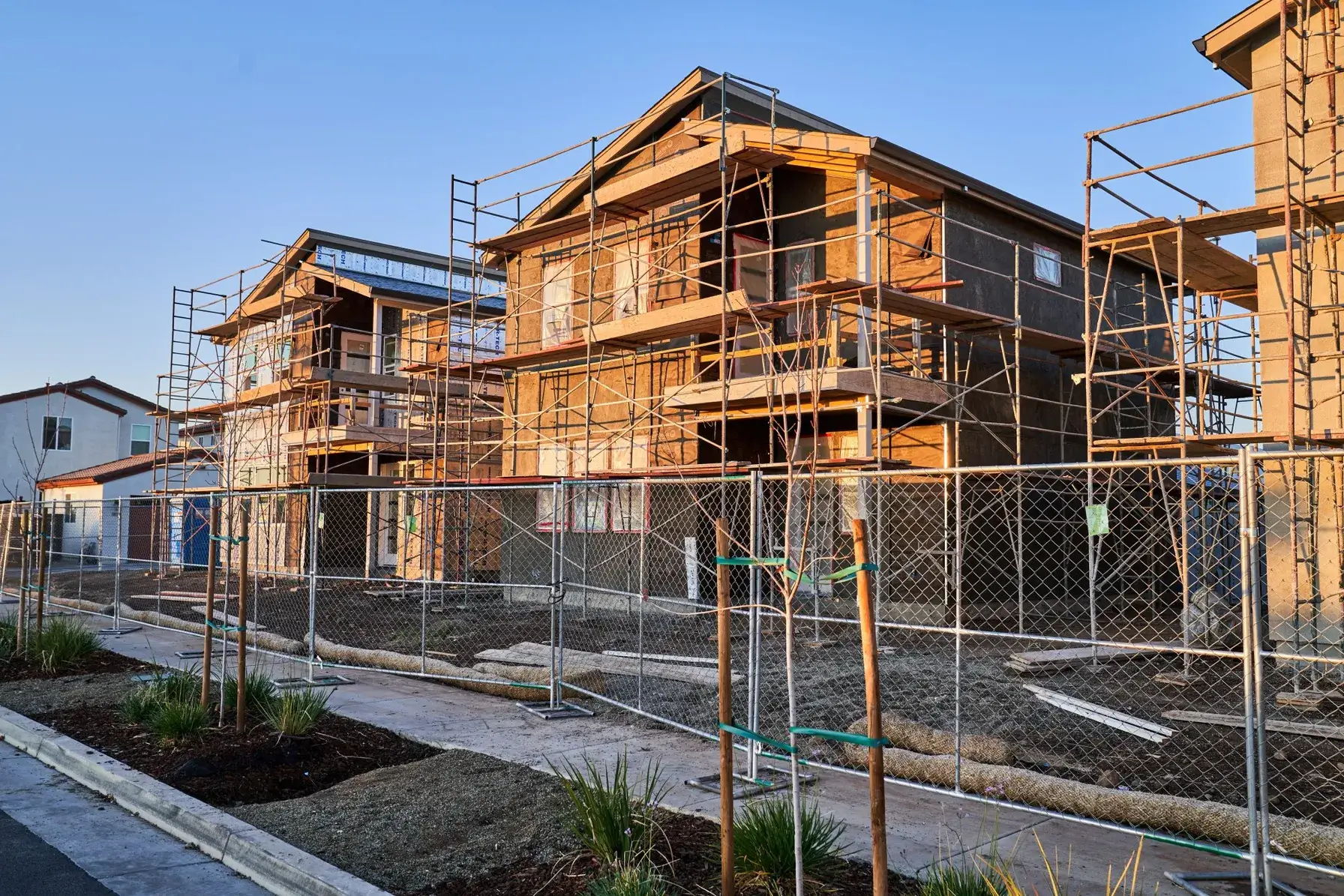
Pacific Gas and Electric Selects TRC as Program Implementer for New Construction Residential All-Electric and Mixed Fuel Programs
September 27, 2021
Pacific Gas and Electric Company (PG&E) formally announced TRC as the designated lead Program Implementer for the Statewide New Construction (SWNC) Residential All-Electric and Mixed Fuel Programs following a competitive solicitation process.
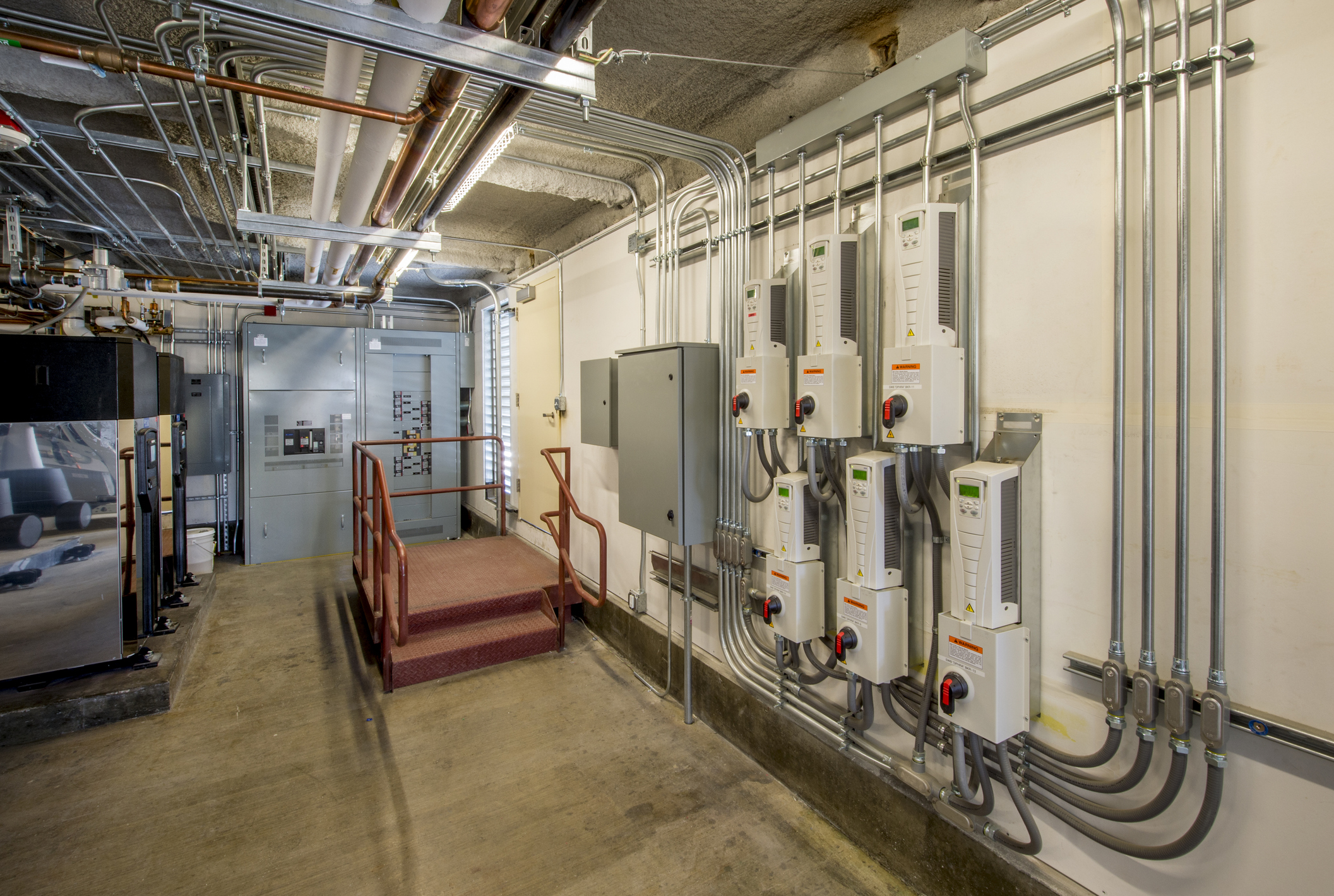
TRC and Slipstream partner with the Minnesota Department of Commerce to launch energy conservation R&D project
June 24, 2021
TRC, Slipstream, and the University of Minnesota are working with controls system manufacturers and contractors to develop such a standardized and streamlined building control retrofit process leveraging ASHRAE Guideline 36

TRC Companies Inc. Acquires EMI Consulting
January 27, 2021
Today TRC Companies (“TRC”), announces the expansion of its advanced energy capabilities with the acquisition of EMI Consulting (“EMI”), a Seattle based firm that consults on the strategic development of clean energy solutions including energy efficiency, demand management, decarbonization and customer engagement.
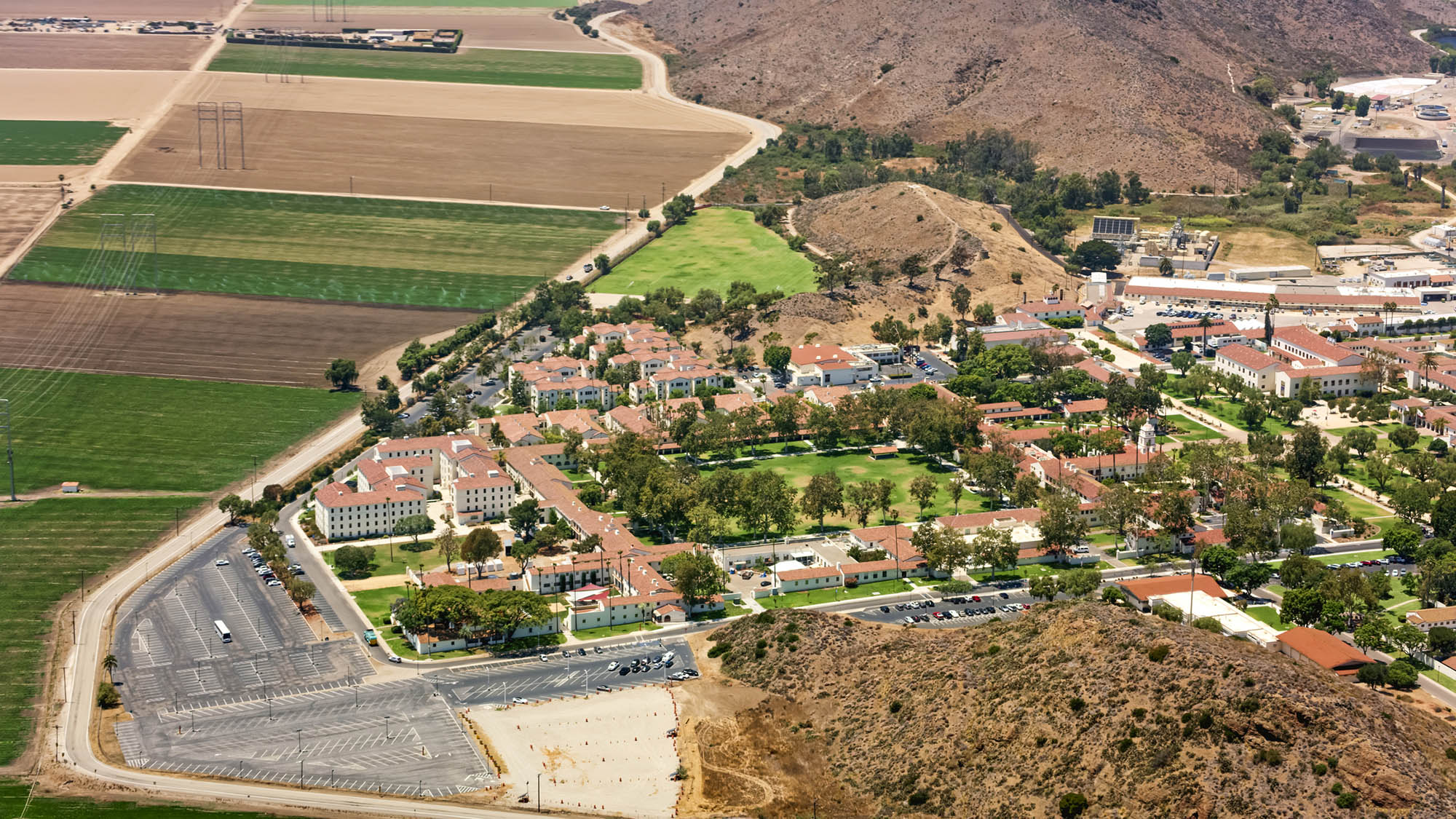
City of Camarillo, California approves moving forward with Hybrid Solar Microgrids at five critical community facilities
November 6, 2020
On October 28, the Camarillo City Council unanimously approved moving forward with the design of Hybrid Microgrids at five City facilities: City Hall, the Corporation Yard, Camarillo Public Library, Police Station, and Wastewater Treatment Plant. The microgrid at the Camarillo Public Library will be designed with solar+storage only, while the other four sites will employ a hybrid design of solar+storage+diesel.
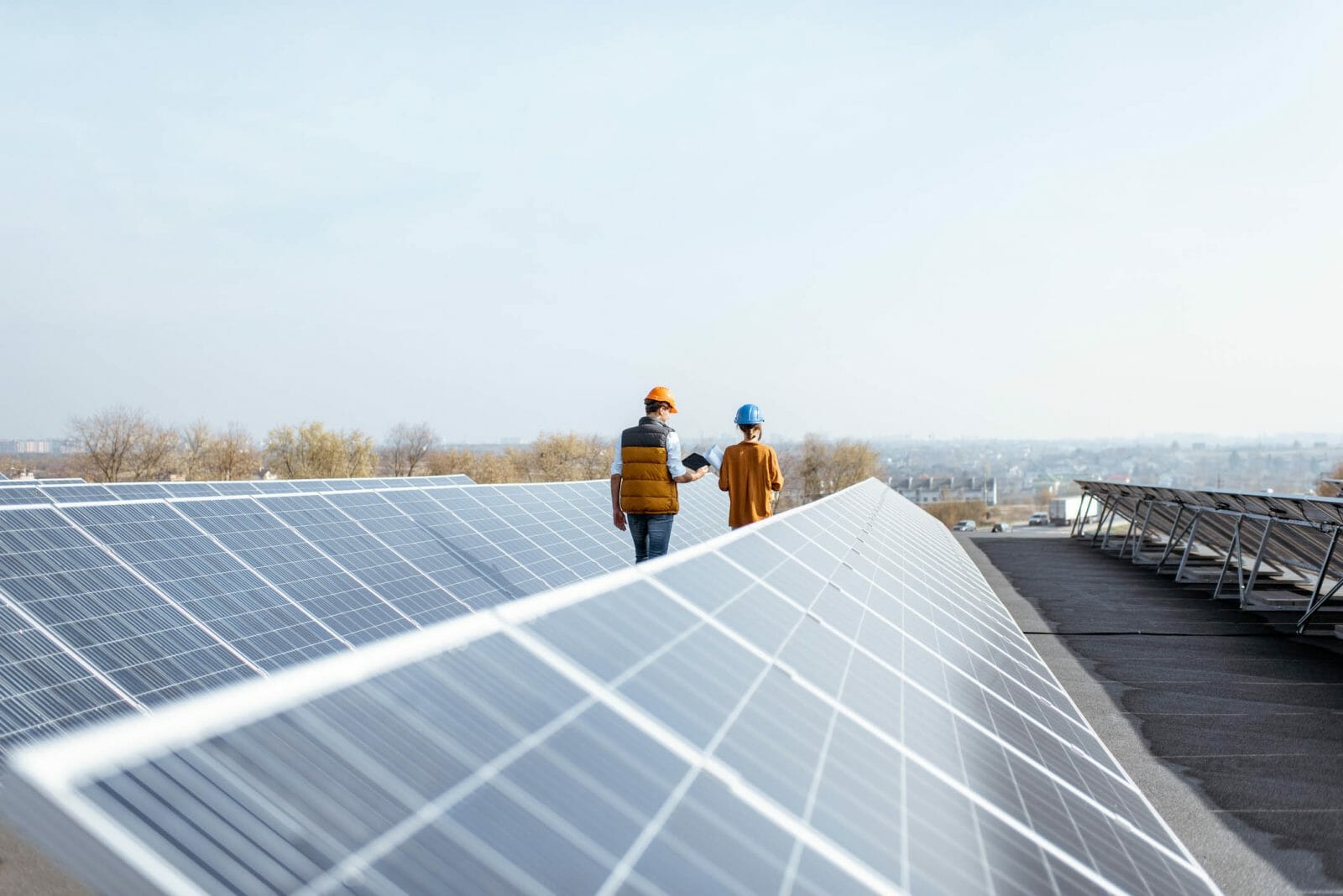
TRC Digital partners with Dominion Energy to evolve its distributed energy resource strategy
September 22, 2020
Dominion Energy, one of the nation’s largest producers and transporters of energy, has partnered with TRC Digital to evaluate, implement and integrate technology to further the utility’s distributed energy goals. TRC Digital will facilitate Dominion Energy’s strategy development and technology execution, allowing Dominion Energy and its customers to accelerate the shift to distributed energy resources (DER) and net carbon reduction.
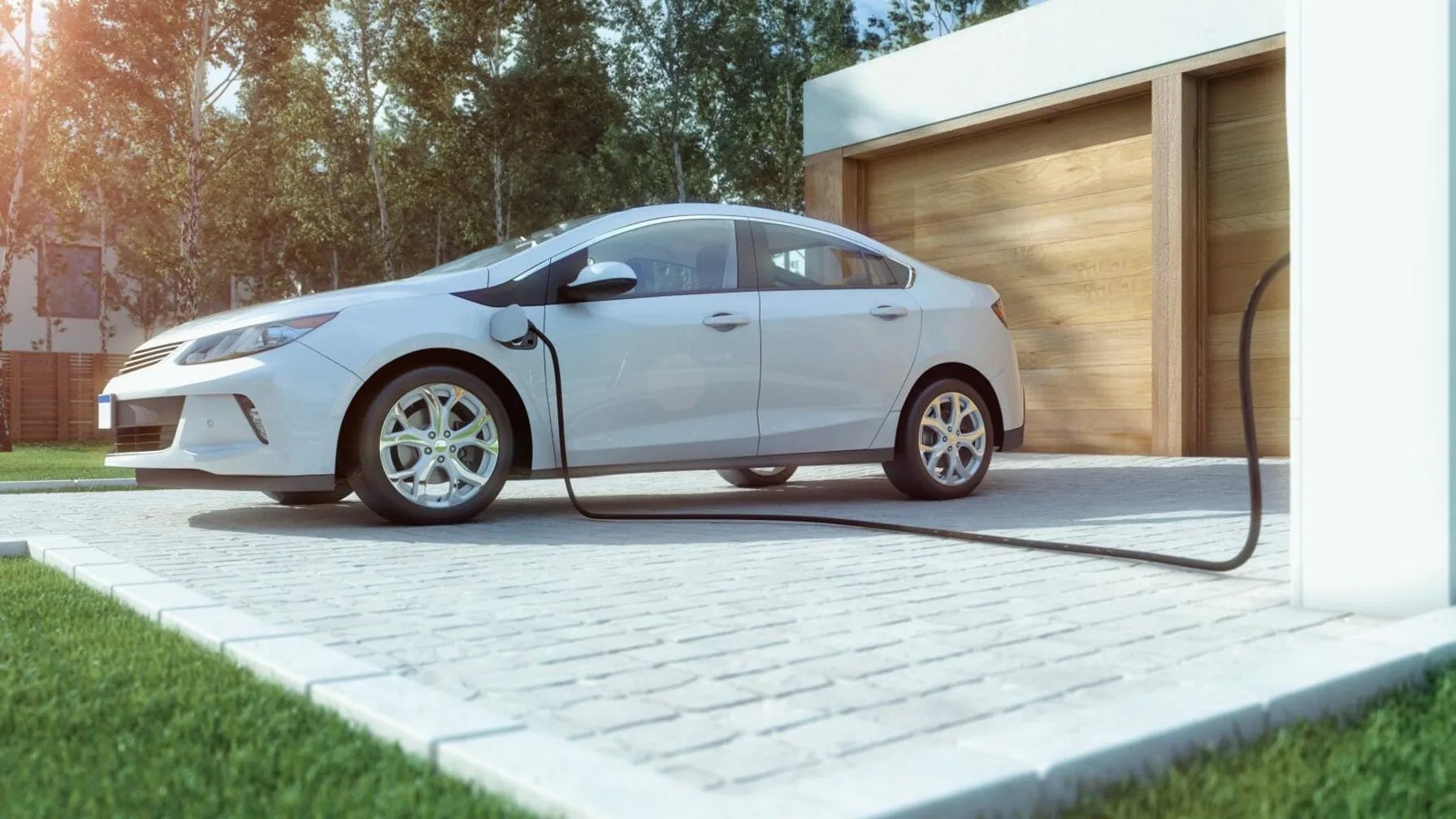
Strategic Electrification
February 4, 2020
As we look to spur strategic electrification across the US, it will be up energy providers and solution implementers to continue sharing ideas, insights and lessons learned

A place called home: Helping California families rebuild after wildfires
November 21, 2019
A place called home: Helping California families rebuild after wildfires
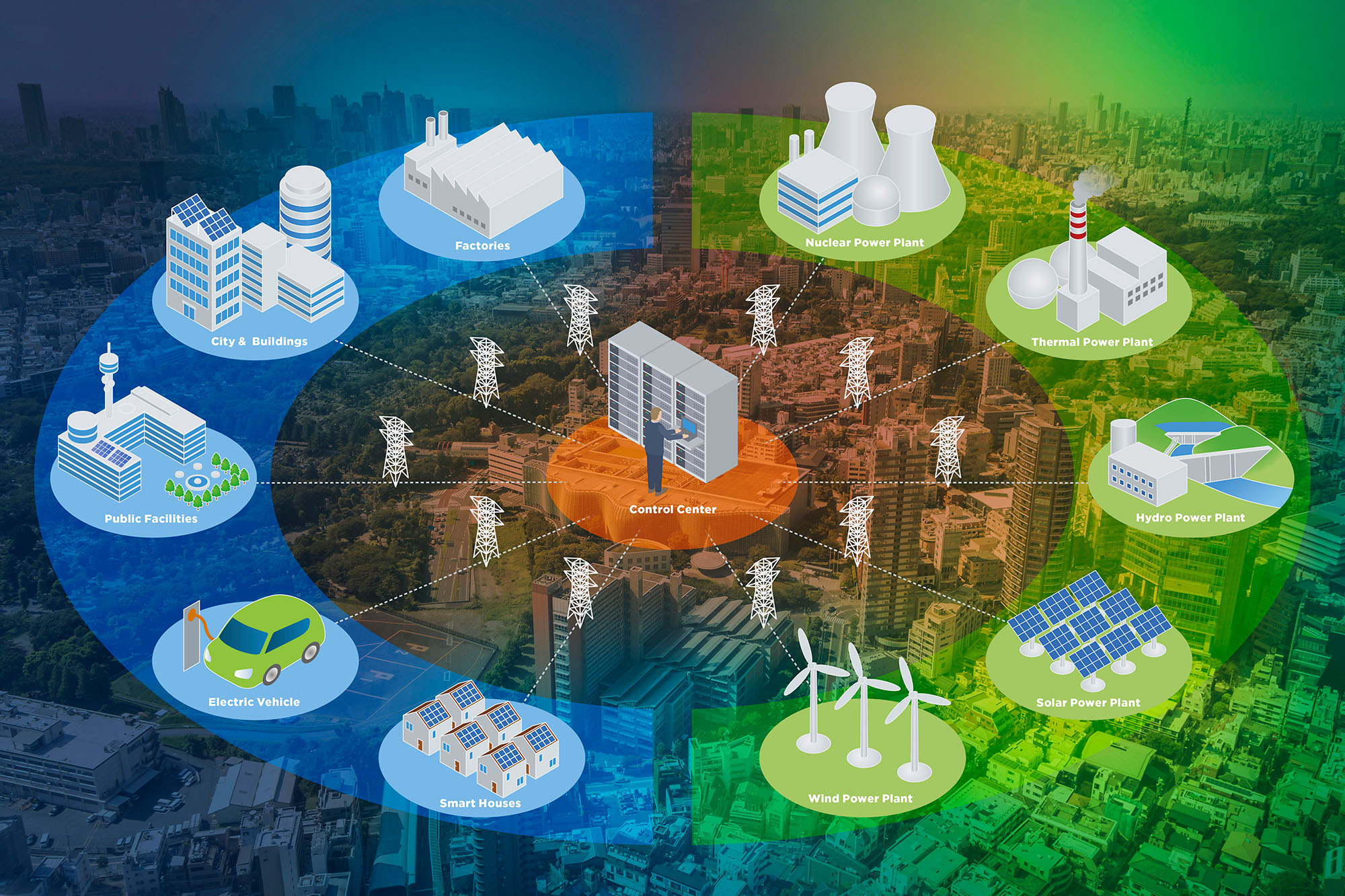
TRC and partners win $1 million grant for engineering innovative New York microgrid
April 20, 2017
TRC is proud to support Huntington, NY bolster power reliability and climate-change resiliency with a sophisticated new “community microgrid’’ combining solar energy, a fuel cell, biogas and traditional natural gas to deliver electricity and heat to local customers and institutions.

Brent Courchene
Brent Courchene is a Senior Project Manager in TRC’s Planning, Permitting and Licensing practice and is responsible for TRC’s presence in the emerging offshore wind market. For over 15 years he has worked on development and management of offshore energy initiatives, ports and harbor development, sediment dredge and disposal programs, heavy marine construction and power generation along the Atlantic coast. His work requires collaboration with diverse teams of engineers, scientists, economists, planners, legal strategists, policy makers and public relations analysts for safe and effective project delivery. He holds a MS degree in Marine Science from the University of Massachusetts and is a Certified Fisheries Professional and Ecologist.

Michael Kinder
Michael Kinder, MBA, a Senior Client Services Manager with TRC, based in our Richmond, VA office, has been providing quality consulting services to a wide range of clients since 1984. He has managed over $100 million in environmental compliance and remediation programs under prime contracts with the Department of Defense and the EPA. Mr. Kinder has also managed system-wide programs for major utilities, retailers, insurance companies, and other private industries, including supporting clients with renewable energy projects.

